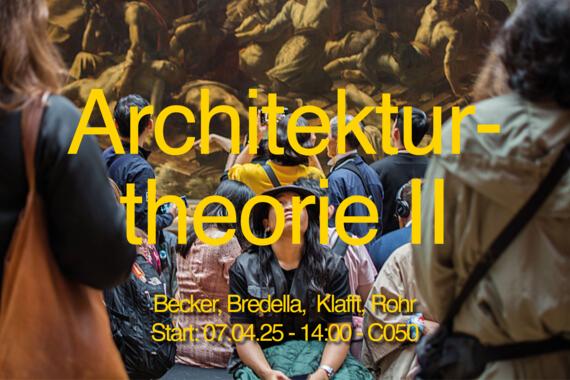
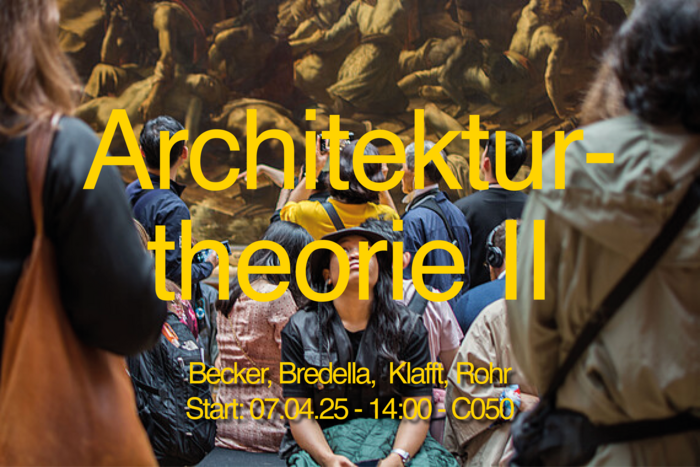
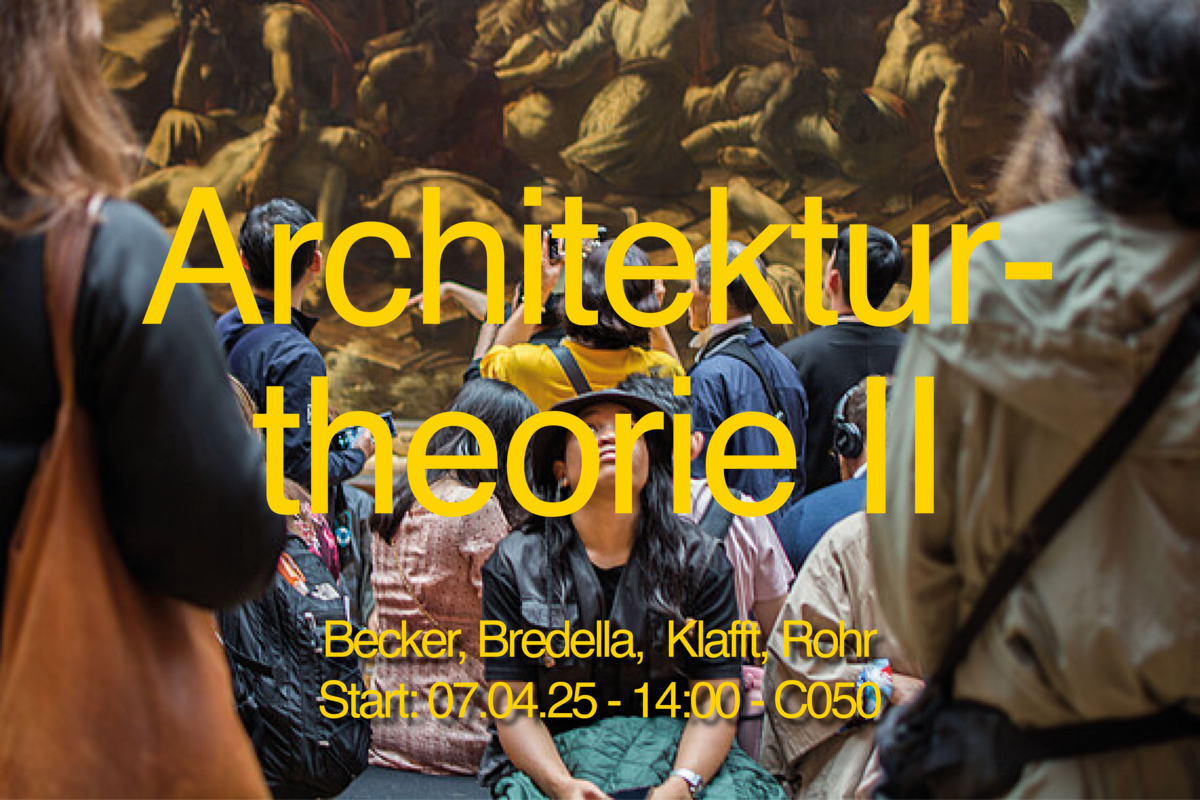
VORLESUNG SoSe 25
-
Details
Die Vorlesung setzt sich mit Fragen der Ökologie und des Haushalts auseinander. Die vielfältigen Krisen des Klimas, des demografischen Wandels, der Ressourcenknappheit werden historisch situiert und im Zusammenhang der räumlichen, geographischen und politischen Veränderungen der Nachkriegszeit diskutiert. Im Kontext der Architekturproduktion werden Entwurfsmethoden der Reparatur vorgestellt, die es sich zum Ziel gesetzt haben, das Bestehende zu pflegen, das Beschädigte zu reparieren und Ressourcen zu erhalten. In Kollaboration mit der Fakultät Landschaft werden die Wechselwirkungen von Architektur und Umwelt thematisiert. In den Übungen werden Kartierungs- und Visualisierungstechniken erprobt, die die ökologischen, sozialen und politischen Dimensionen der Architektur vor Ort erforschen.
Zusammenarbeit mit der Lehrveranstaltung ‚Landschaftsarchitektur, Entwerfen und Theorie‘, Prof. Christian Werthmann, für 4 Wochen.
Prof. Dr. Nathalie Bredella, Jakob Becker, Torsten Klafft, Ivana Rohr
Vorlesung und Übung: Architekturtheorie I
Bachelor: 6 CP
montags 14-17h | C 050
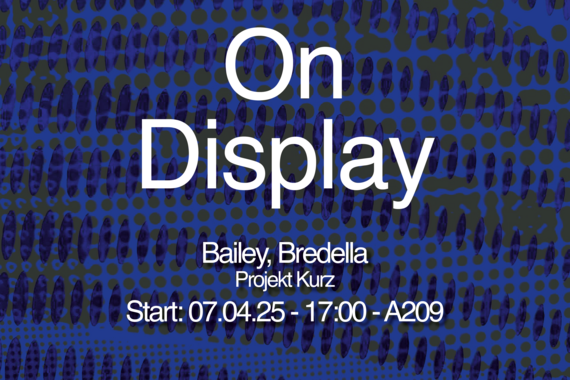
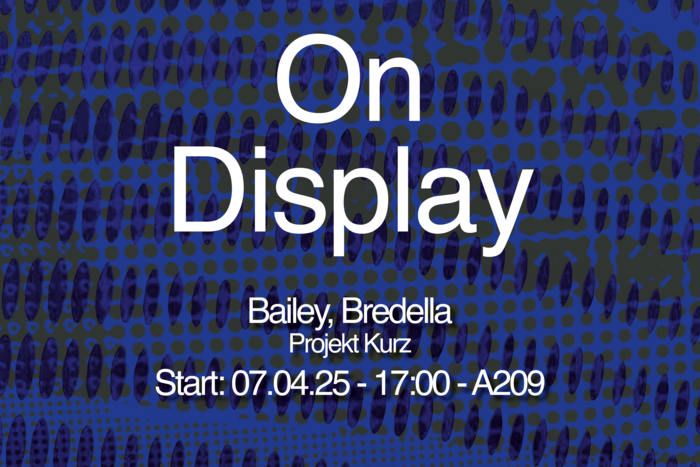
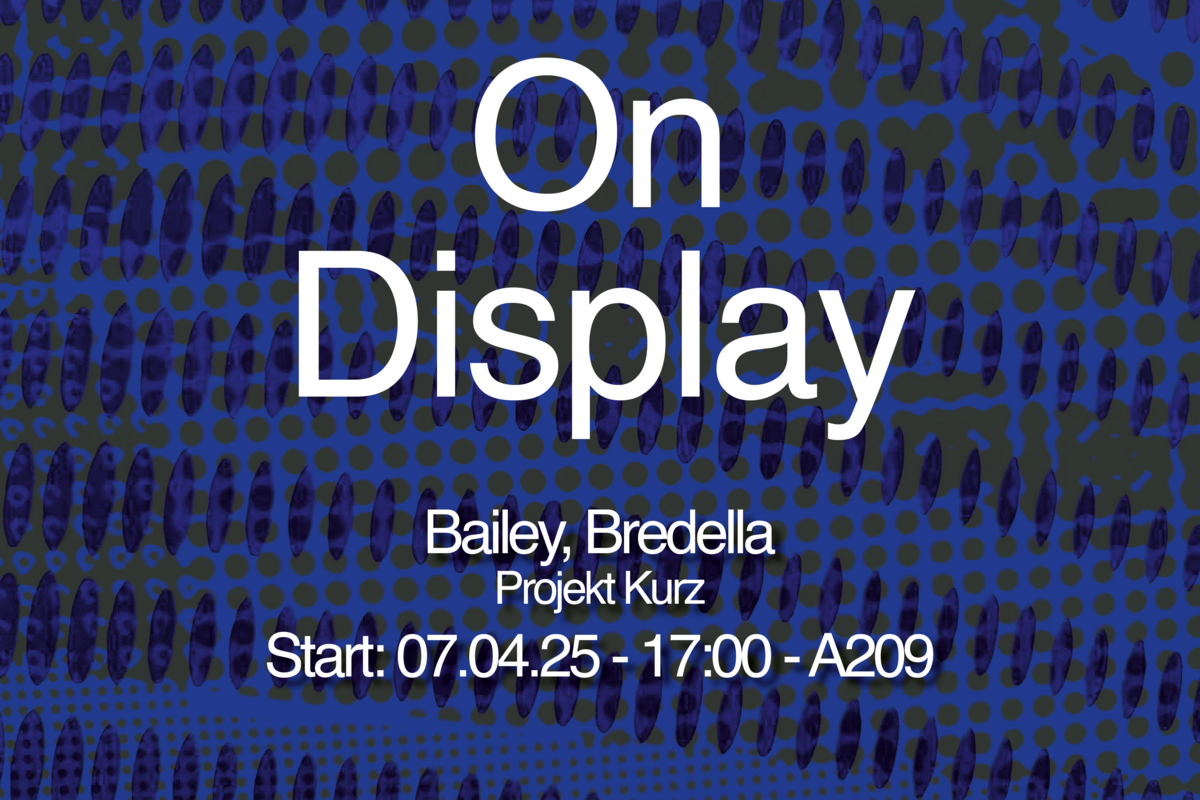
SEMINAR SoSe 25
-
Details
Being ‘on display’ means to be publicly viewable, to be performing within the ‘space of appearance’ (Arendt). The technologies, techniques and orders of display—in shop windows, galleries, social media posts—determine how we perceive and interact with the things that are put before us. In this seminar we are interested in the environments as well as the arrangements of the objects that are ‘on display’ and the types of interactions which are enabled. There will be an emphasis on the politics of the spaces in which things are shown, how they act as an ‘interface’ and engage their viewers.
The seminar is designed as a research seminar; in addition to reading sessions, students are asked to develop a research-based exhibition project.
Prof. Dr. Nathalie Bredella
Projekt kurz: (Re)Search
Bachelor + Master: 5 CP
mondays (biweekly) 17-19h | A209
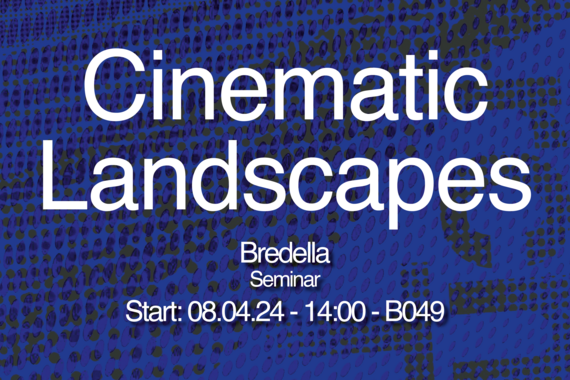
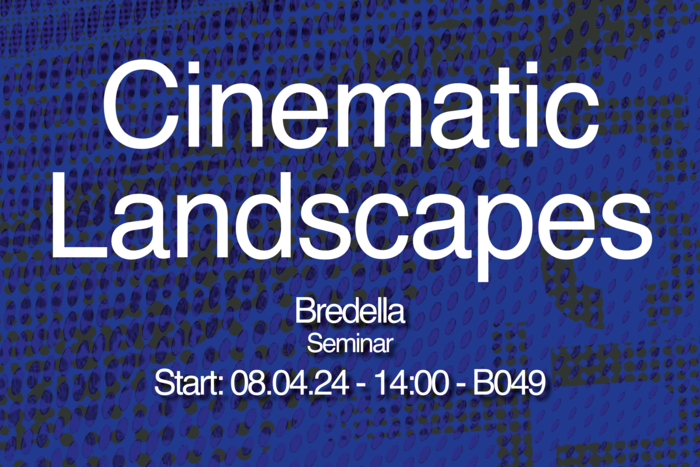
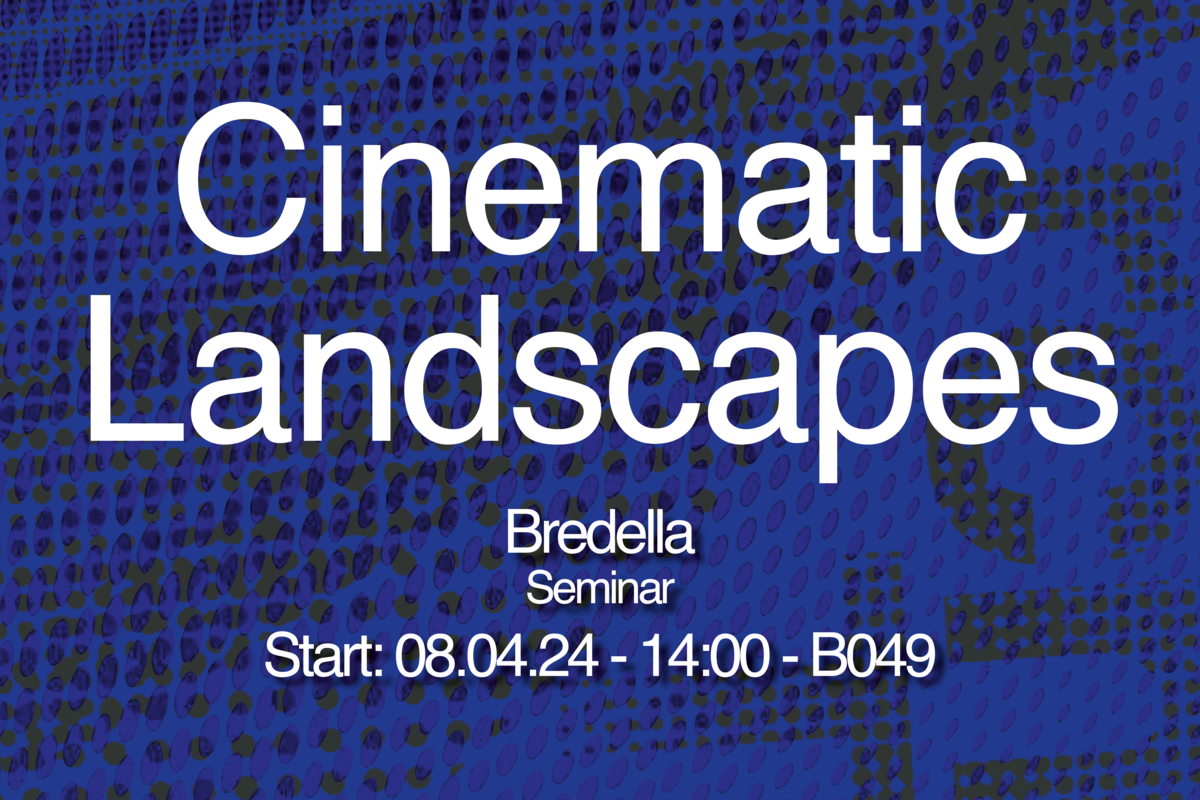
SEMINAR SoSe 25
-
Details
This seminar focuses on the cinematic landscape and its representations of place and space, of social relations and human environments, of technological and vague terrains. We'll explore the cultural representation and aesthetic experience of landscapes within selected films, focusing on their gaze and how light and sound, time and space are experienced through cinematic language. We will consider how arrangements of people, things, and signs reflect on political, economic, and technological developments, and how they encompass events on and off the screen.
Combining class discussions with film screenings, our course takes a multidimensional approach to exploring the dynamic exchanges between cinema and landscape.
Prof. Dr. Nathalie Bredella
Seminar: Medialität der Architektur
Bachelor + Master: 5 CP
tuesdays 14-16 | B 049
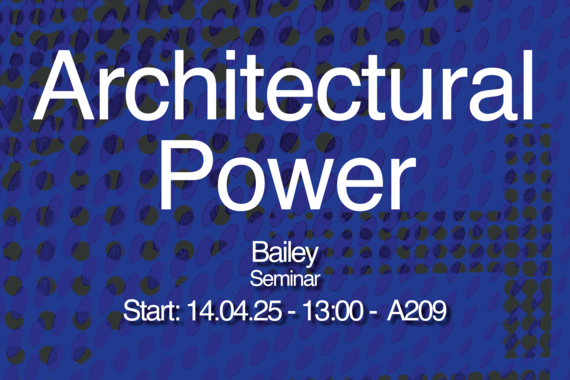
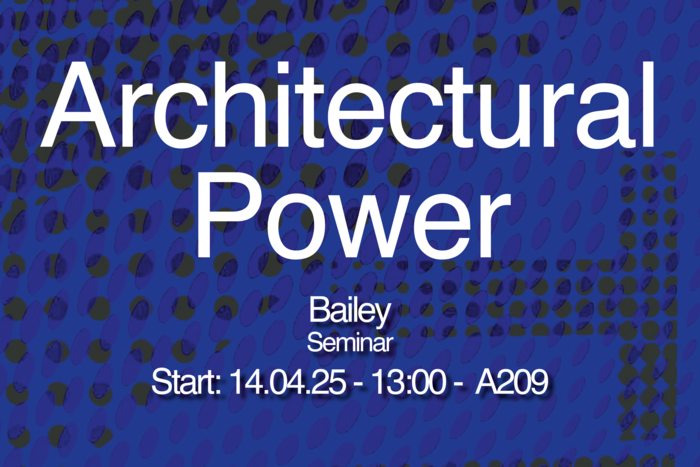
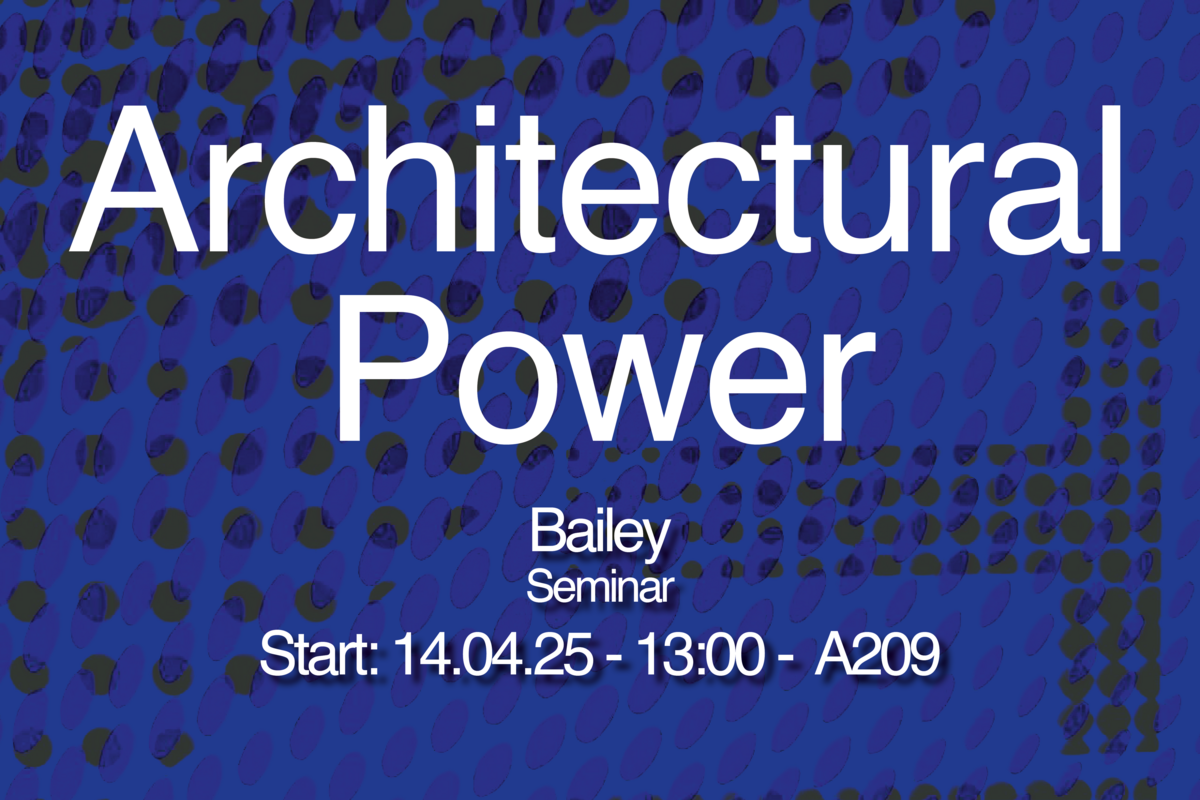
SEMINAR SoSe 25
-
Details
Engaging the political potentials of Architecture demands a prerequisite understanding of the emerging socio-political conditions that encode the built environment - systems both material and ideological. This seminar will position contemporary and radical political theories alongside architectural and urban reflections, engaging the concepts of Control Society, Cybernetic Governance, Forms-of-Life, and Material Ideology. (Tiqqun, Invisible Committee, Spencer)
Combining regular reading group discussions with three activity-based block sessions, the seminar will cultivate an understanding of political paradigm, affordances of architectural and infrastructural production, and imaginaries along alternatives “lines of flight” (Deleuze), and crystallize in the material examples which exemplify the unevenly emerging derivative political modes which are “architectural and impersonal,” rather than hierarchical and representative. (Tiqqun)
The reading group and block sessions will be held in English.
Grayson Bailey
Seminar: Postkolonialismus und Geopolitik
Bachelor + Master: 5 CP
mondays 13-14 | A 209
Block Sessions: 16.05 | 06.06 | 04.07
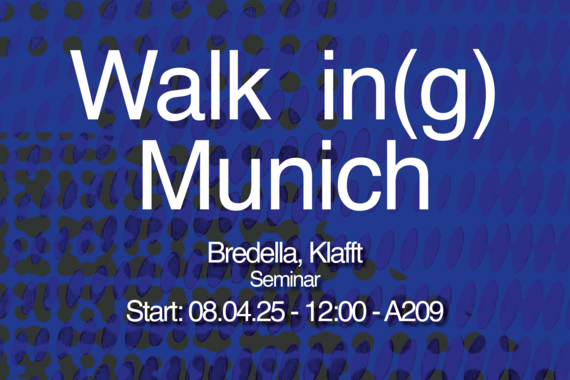
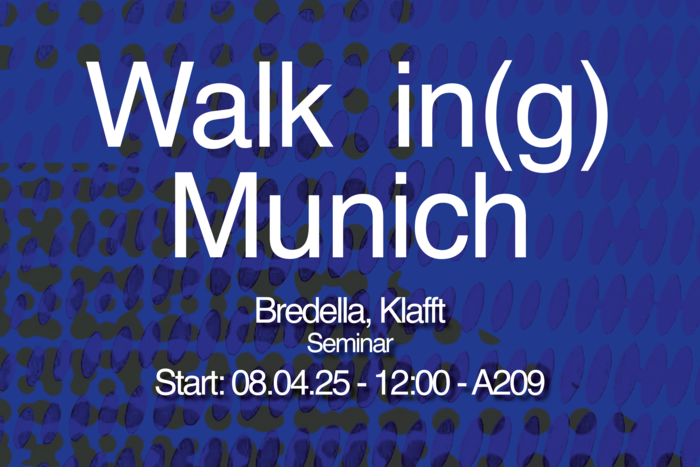
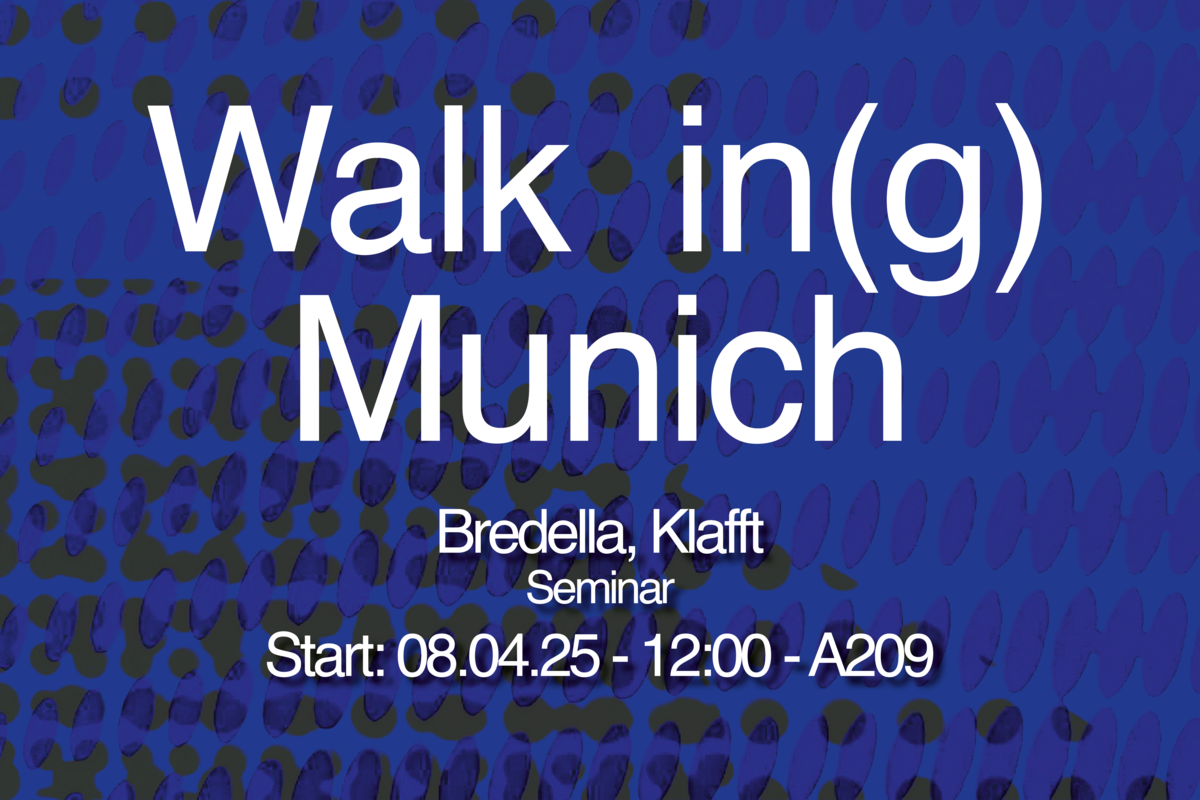
SEMINAR SoSe 25
-
Details
How do we perceive the city at the speed of / in the process of / through the embodied act of walking? How do we experience economic, social and political shifts at the street level within the city? How do we understand urban transformation processes as experienced events? From which perspectives do we perceive the city? How can we document, map and communicate our experiences? Which techniques and technologies do we use?
These are some of the questions this seminar asks, as we engage in three block sessions focusing on foundational perspectives on the city and methods for exploring it from the bottom up. The sessions will cover (1) a reading session where key texts are introduced, (2) a trip to Munich where we conduct and document city walks, (3) and a final session on mapping and visualization techniques for further communicating their learned results.
Prof. Dr. Nathalie Bredella, Grayson Bailey, Torsten Klafft
Seminar: Gebrauch und Raum
Bachelor + Master: 5 CP
08.04 | 16.05 | TBD
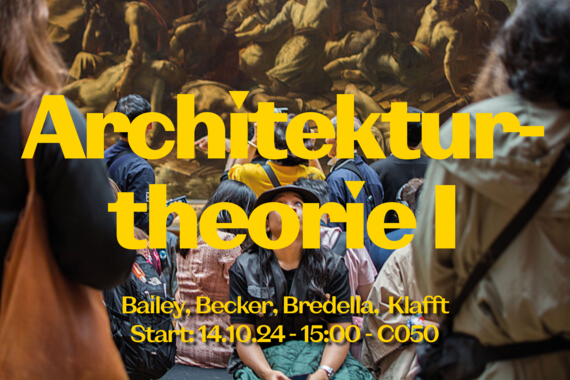
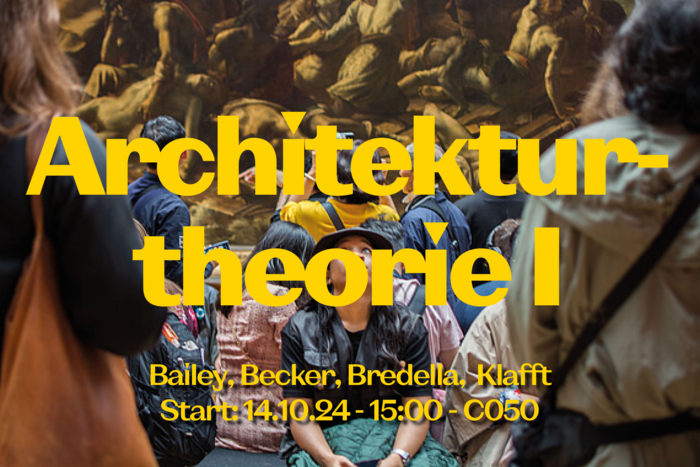
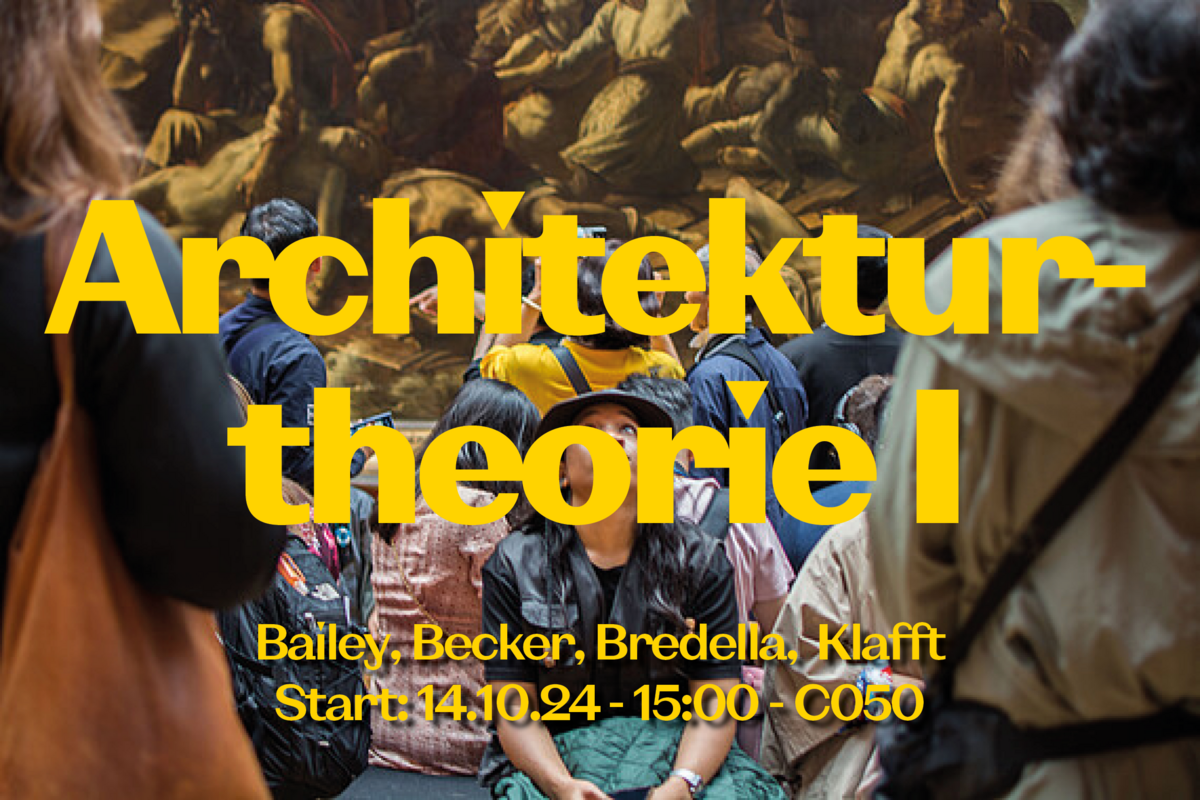
LECTURE WiSe 24/25
-
Details
The lecture focuses on practices, methods and ideas behind concepts of modern architecture. Based on current issues, places, institutions, media, and events that have shaped debates about architecture, city, and landscape are presented. The aim is to understand architecture in its interconnectedness with other forms of cultural production and to make it fruitful for current discourses in architecture. The influence of historical developments on contemporary design processes as well as the relationship of architecture to other disciplines are central components of the lecture. The exercises introduce the methods of scientific work with archival research, the formulation of research questions and the writing of texts.
Prof. Dr. Nathalie Bredella, Grayson Bailey, Jakob Becker, Torsten Klafft
Lecture and Excercises: Design Methods. Architecture and Landscape
Bachelor: 6 CP
Mondays 15-18h | C 050
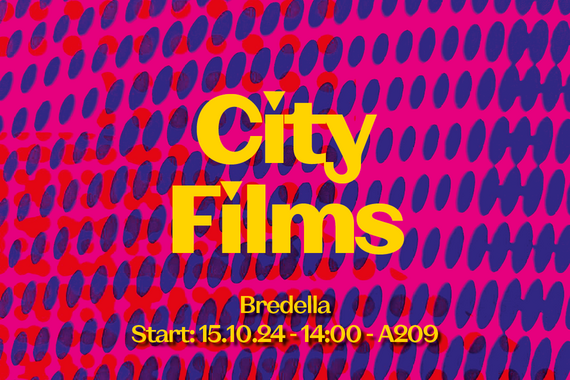
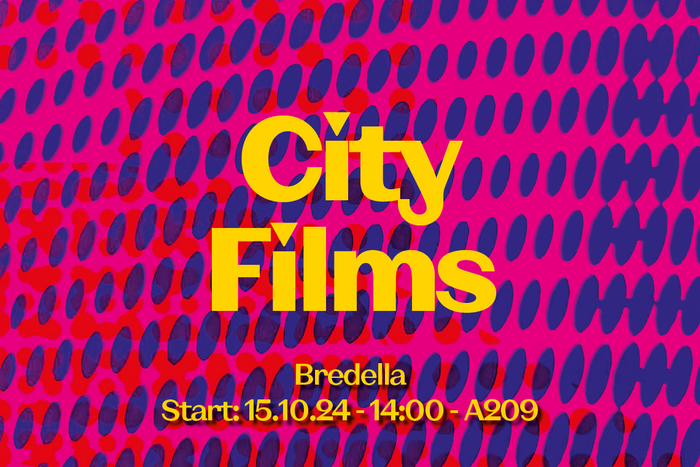
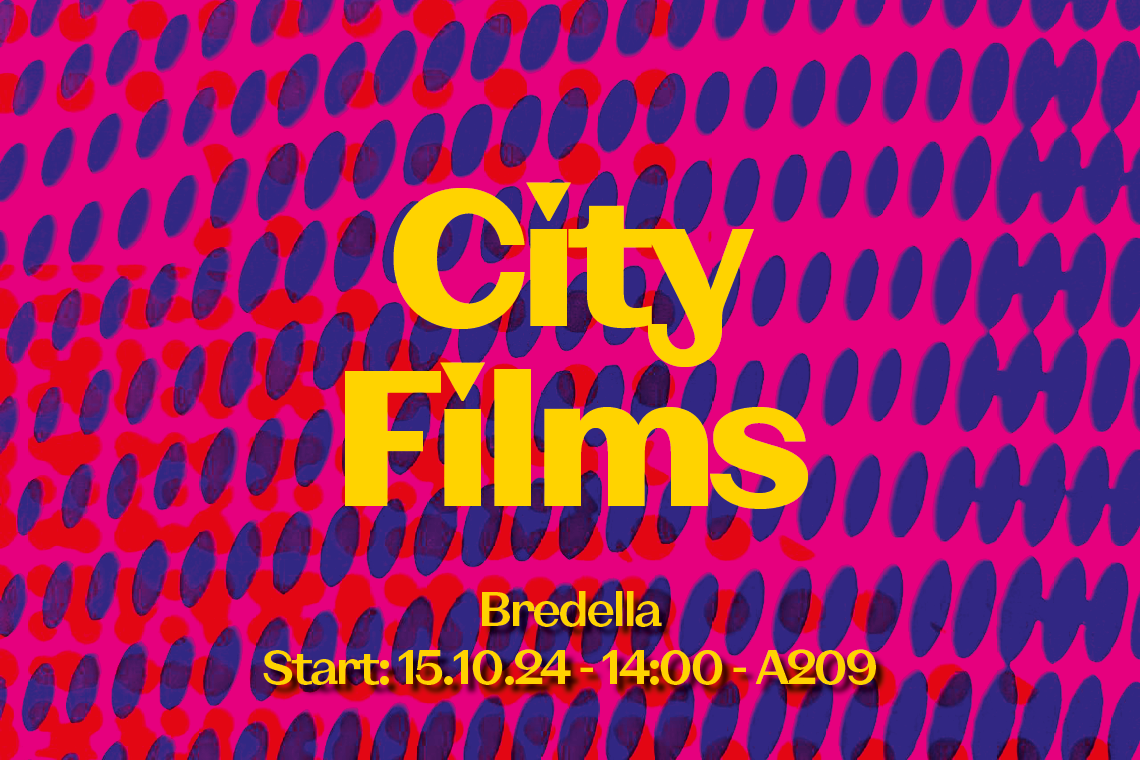
SEMINAR WiSe 24/25
-
Details
The seminar is dedicated to a series of city films, their visual worlds and spatial constructions, which deal with economic, cultural and social aspects of urban life. Particular attention will be paid to the interactions between the identity of the protagonists and the urban space, as well as to the ways in which aesthetic choices and cinematic techniques are used to make these relationships tangible.
Prof. Dr. Nathalie Bredella
Seminar: Digital Cultures in Architecture
Bachelor + Master: 5 CP
tuesdays 14-16h | A 209
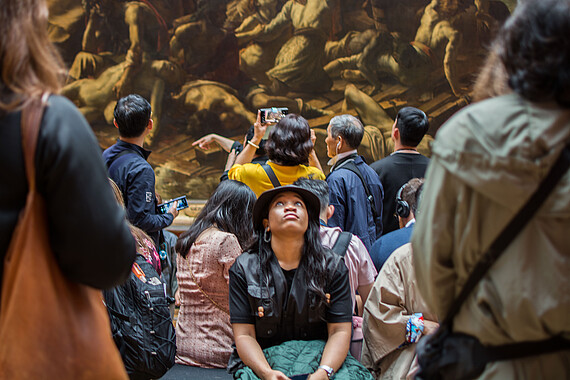
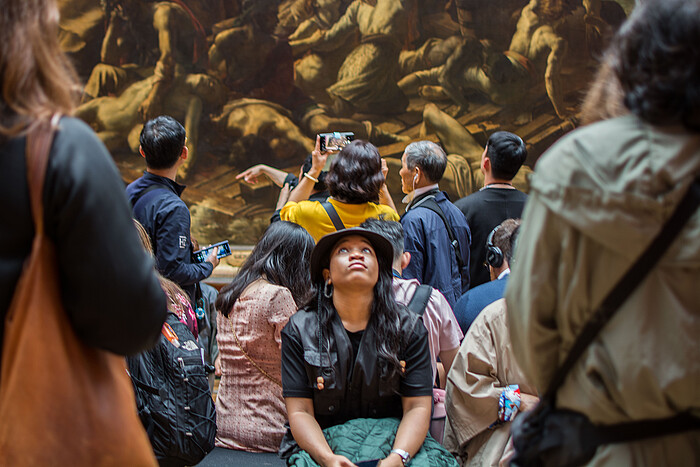
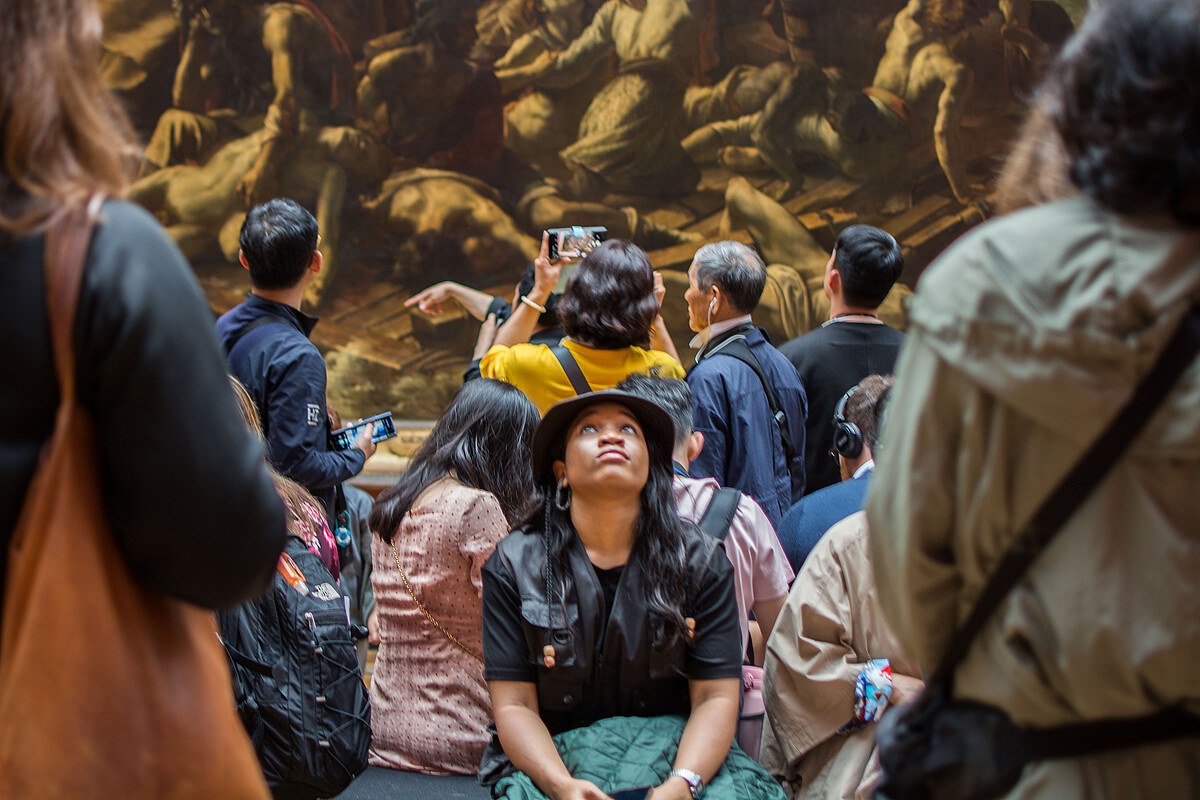
Architectural Theory II
LECTURE SoSe 24
-
Details
Die Vorlesung setzt sich mit Fragen der Ökologie und des Haushalts auseinander. Die vielfältigen Krisen des Klimas, des demografischen Wandels, der Ressourcenknappheit werden historisch situiert und im Zusammenhang der räumlichen, geographischen und politischen Veränderungen der Nachkriegszeit diskutiert. Im Kontext der Architekturproduktion werden Entwurfsmethoden der Reparatur vorgestellt, die es sich zum Ziel gesetzt haben, das Bestehende zu pflegen, das Beschädigte zu reparieren und Ressourcen zu erhalten. In Kollaboration mit der Fakultät Landschaft werden die Wechselwirkungen von Architektur und Umwelt thematisiert. In den Übungen werden Kartierungs- und Visualisierungstechniken erprobt, die die ökologischen, sozialen und politischen Dimensionen der Architektur vor Ort erforschen.
Prof. Dr. Nathalie Bredella, Sophia Walk, Grayson Bailey, Jakob Becker
Vorlesung und Übung: Architekturtheorie II
Bachelor: 6 CP
montags 14-17h | C 050
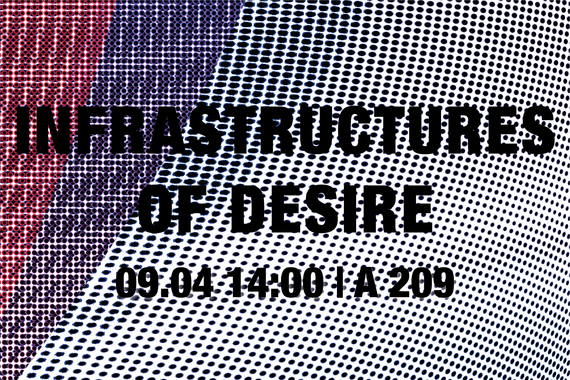
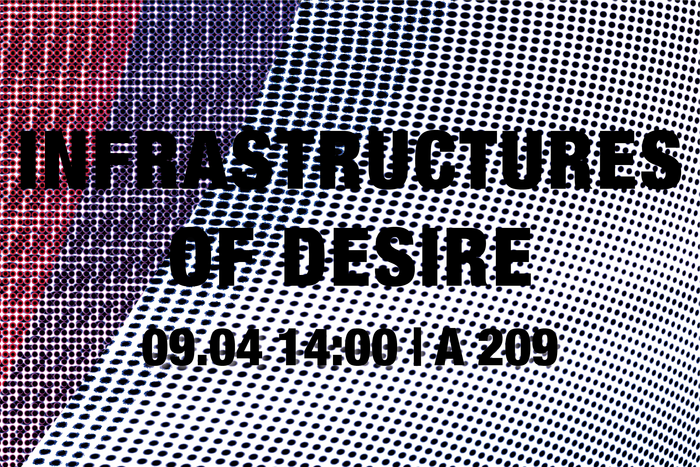
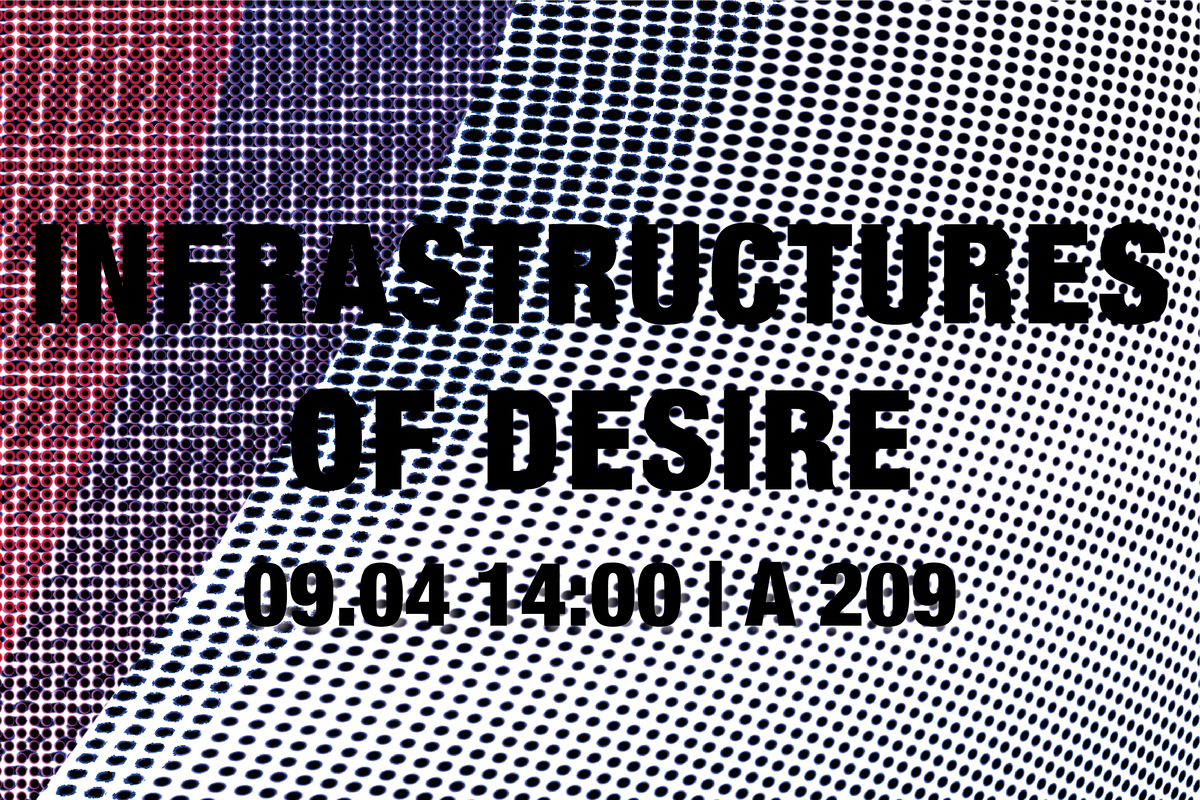
Infrastructures of Desire
SEMINAR SoSe 24
-
Details
Taking current infrastructure projects as a starting point, the seminar will explore the question of how aesthetics and sensuality, desire and promise characterize the politics of infrastructure planning (Larkin). We will examine the notions of modernity and progress evoked by the architecture of traffic, transport, communication and energy supply, and discuss different dimensions of infrastructure. In other words, we will look at texts and projects that deal with the question of how infrastructures organize society. One focus will be on infrastructure projects (housing projects) in modern Cairo, through which we will analyze the political and economic contexts in which infrastructure projects have taken place since the post-war period. The focus will be on the resources and planning protocols by which infrastructures operate, but also on how they are accepted, rejected or adapted in use.
Prof. Dr. Nathalie Bredella
Seminar: Urban Architecture
Bachelor + Master: 5 CP
tuesdays 14-18h | A 209
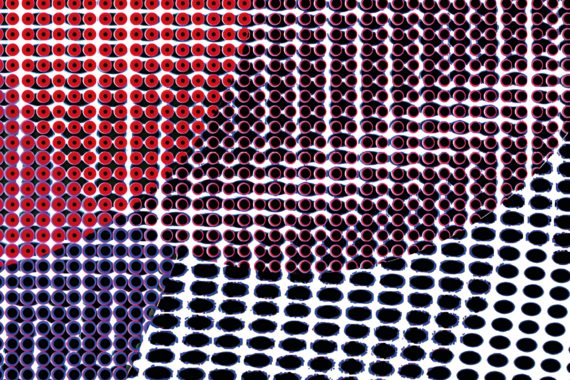
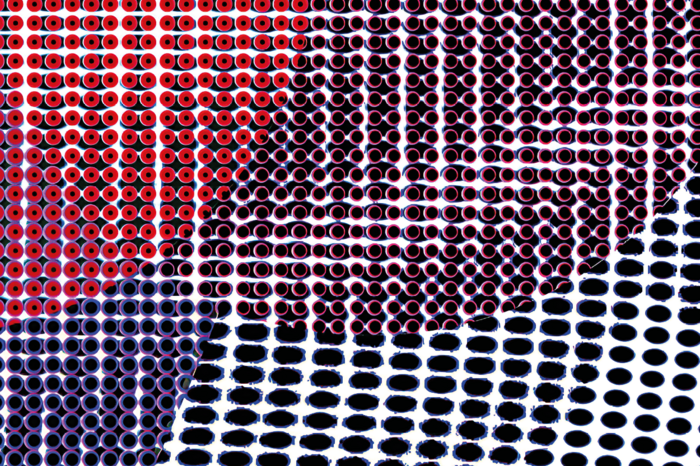
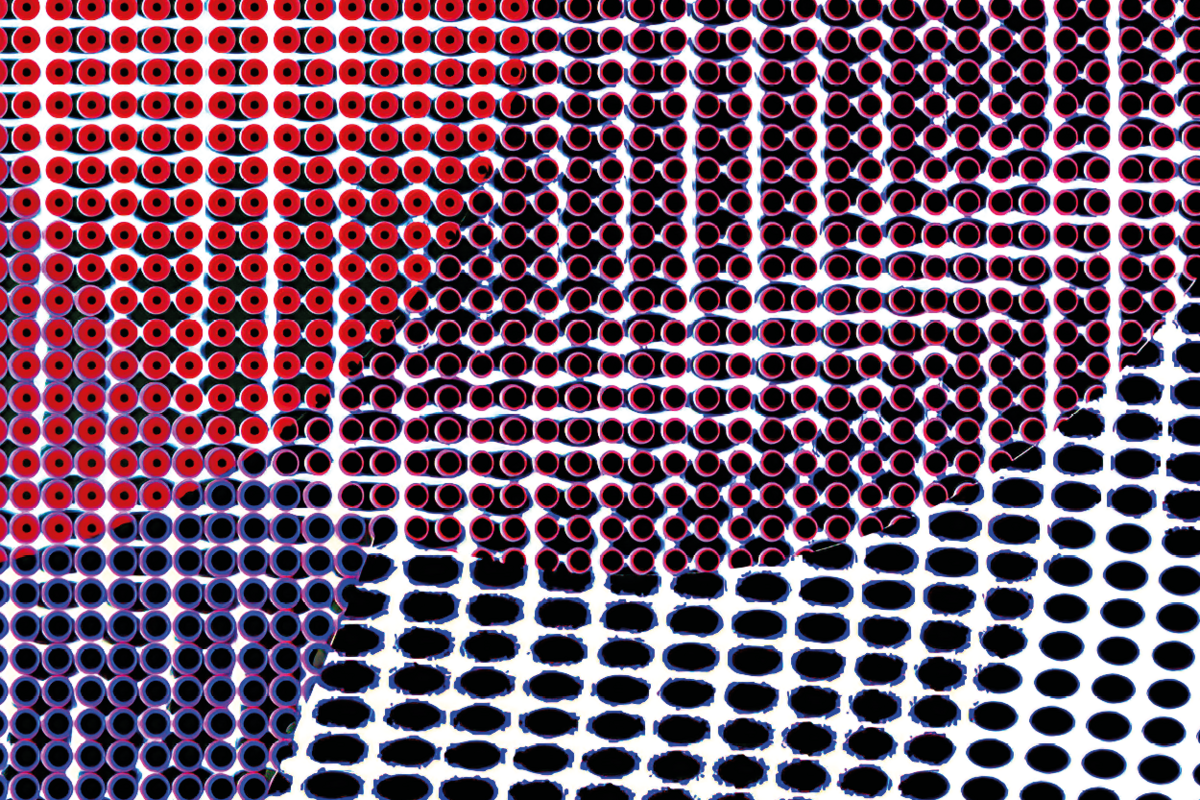
Xeno*Fem*Space
SEMINAR WiSe 23/24
-
Details
Xenofeminism is a theory of emancipation based on the notion that technology can enable the breakdown of nature-culture dichotomies and can be a means of liberating people from their biological and social immediacy. As such, XF provides a framework for examining organizational systems of power and post-human perspectives, challenging current social and political systems and subverting the standard adversarial binary on which they are based. In terms of architectural production, this means re-imagining the practices involved, as well as redefining some of the discipline’s most basic elements, be they architecture, the environment or the human.
In Xeno*Fem*Space we will discuss theories and approaches of Xeno-feminism in their relevance to architecture practice and explore methods that combine theoretical analysis and speculation, producing textual forms that operate with words, audio and video.
This course will be held in English.
Grayson Bailey, MA / MSc
Seminar: Territorial Design / Gender & Space
Bachelor + Master: 4 CP
tuesdays 16-19h | A 209



(RE)SEARCH
SEMINAR SoSe 23
-
Details
The project in brief focuses on the formulation of research questions as well as methodological approaches to selected topics of architecture and the city, to visualization processes and to the effective power of tools in design. Based on self-selected topics, positions on the current challenges of architecture and urban design are to be developed. The seminar promotes interdisciplinary research methods and is interested in the interactions between architecture, art, culture and technology.
Sarah Wehmeyer
Freies Projekt kurz
5 CP Master
Tuesdays 13h | B 049
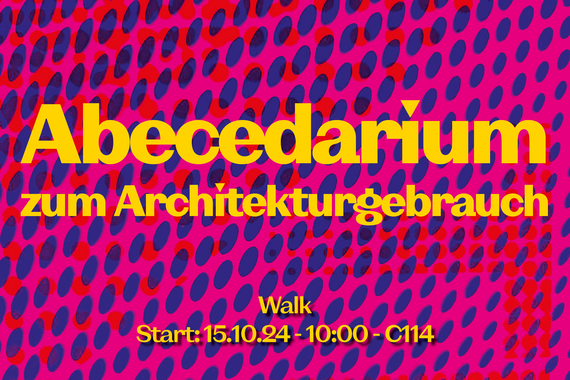
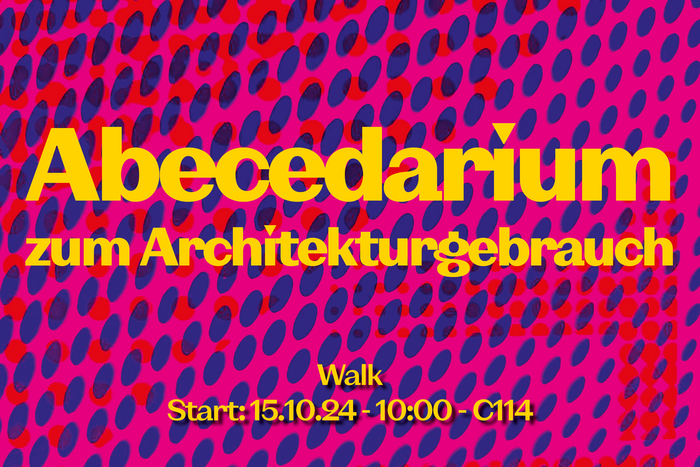
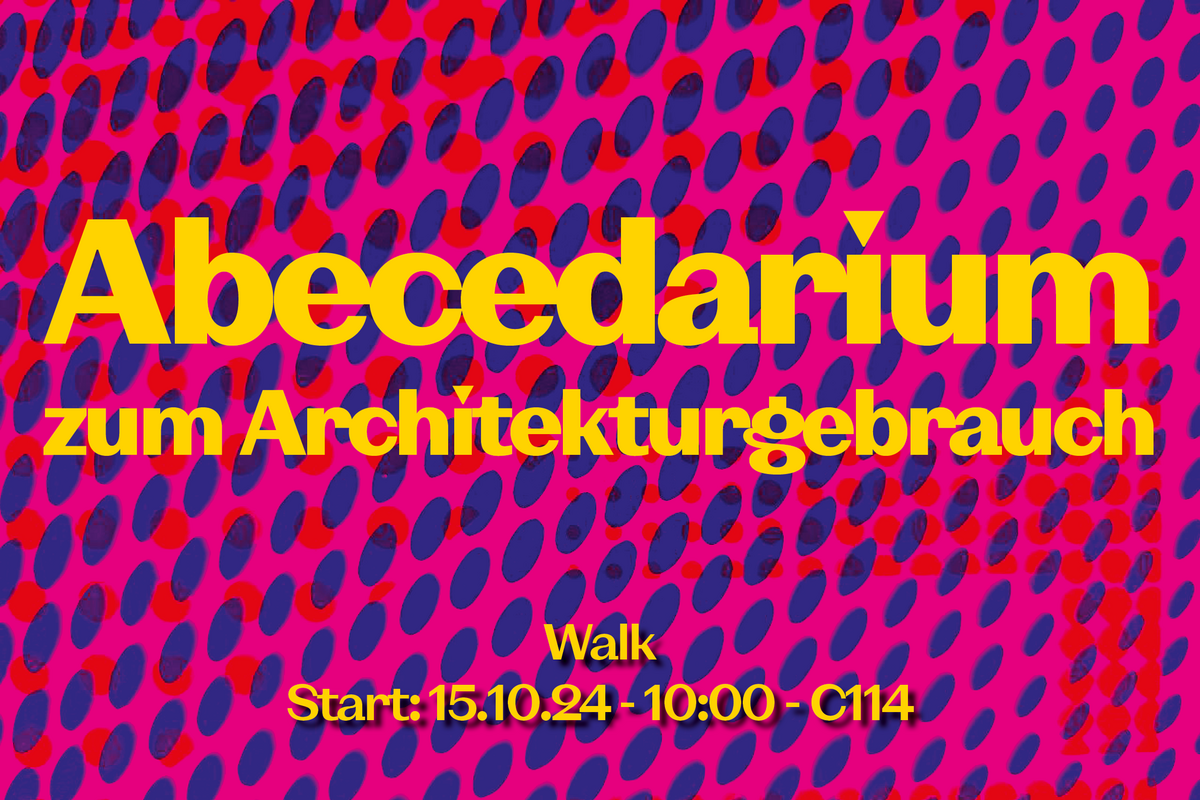
SEMINAR WiSe 24/25
-
Details
Der Gebrauch von Gebäuden – im Sinne des Lebens innerhalb von Gebäuden, nicht im Sinne der Nutzungsfunktion – spielt im architektonischen Entwurfsprozess meist eine untergeordnete Rolle. Dabei beginnt mit der Fertigstellung das Leben unmittelbar innerhalb des Bauwerks und mittelbar um das Bauwerk herum erst. Inwiefern wird also der eigentliche Gebrauch von Architektur im Entwerfen mitgedacht?
Anhand des digitalen Werkkatalog zum Werk des österreichischen Architekten Konrad Frey (*1934), der beispiellos den Gebrauch seiner Architektur mit entwirft, untersuchen wir Spuren dieses Gebrauchs und ordnen die aufgedeckten Aspekte dem von uns gemeinsam definierten Abecedarium zu. Wir erstellen ein Abecedarium zum Architekturgebrauch, in dem wir Begriffe definieren, die im alltäglichen Gebrauch von Architektur zum Tragen kommen.
Das Seminar kann auch die Möglichkeit bieten, am eigenen Entwurf, der ggf. parallel im Semester bearbeitet wird, zu analysieren, welche Anteile des Gebrauchs im eigenen Entwerfen zu beobachten sind. Anhand welcher Überlegungen/Abwägungen wird der Gebrauch von Architektur im konkreten Entwurfsprozess einbezogen?
Sophia Walk
Workshop: Gebrauch und Raum
Bachelor + Master: 5 CP
dienstags 10-12 | C 114
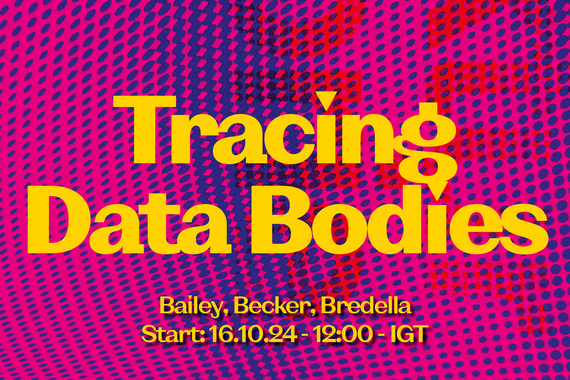
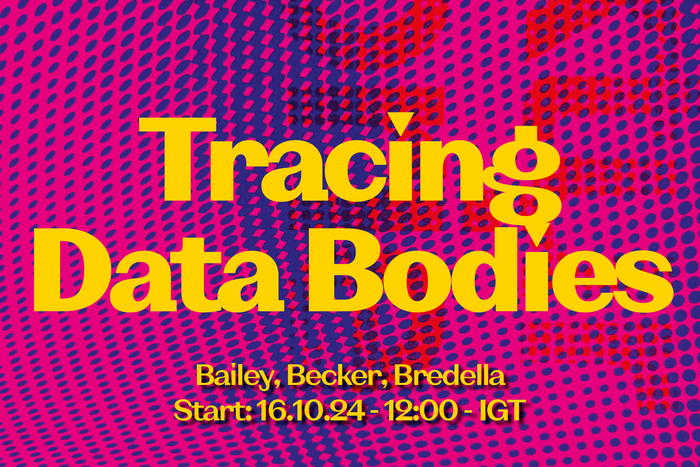
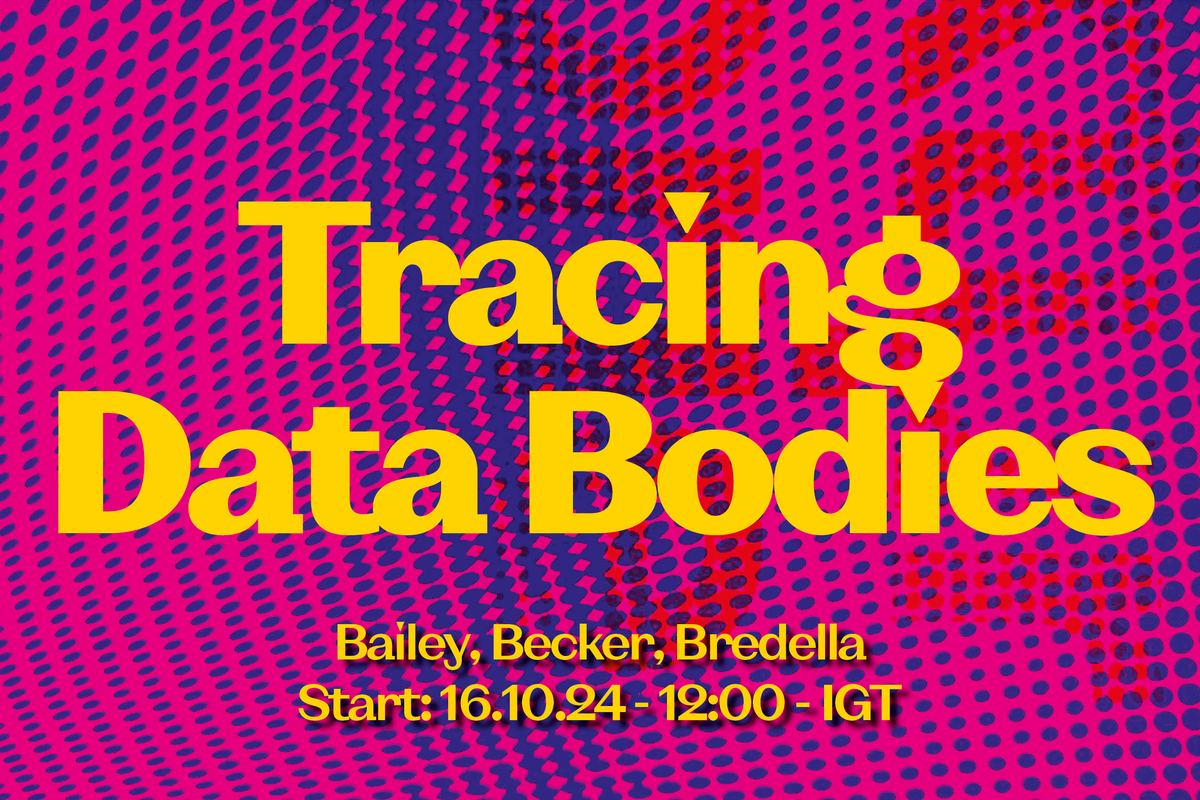
SEMINAR WiSe 24/25
-
Details
The mapping and measuring of human bodies create data bodies which establish standard metrics and codify interactions with surrounding environments. This seminar is interested in the history of data bodies, specifically how motion studies have been used to design human-machine assemblages and other cyborg realities. As we situate data bodies within theoretical interdisciplinary discourse, we explore these realities through practical experiments with motion capturing technology in order to achieve data literacy and agency. We’ll grapple with standardized bodies with interest in the history of efficiencies in the build environment, the extension of these bodies by emerging technology and media, and the techniques and modes of disruption as described by cyber-feminists. As a part of the seminar we will visit sites of human-machine-environment interaction in Wolfsburg: the VW plant and the Städtische Galerie Wolfsburg. The seminar is a collaboration between the chairs Digital Methods in Architecture and Architectural Theory.
Prof. Dr. Nathalie Bredella, Grayson Bailey, Prof. Mirco Becker
Seminar: Mediality of Architecture
Bachelor + Master: 5 CP
01-02.11 | 29-30.11 | 10-11.01
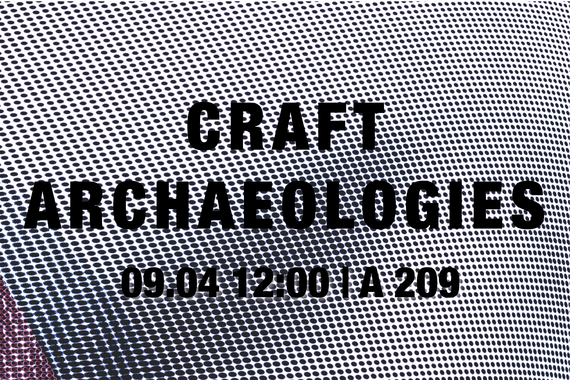
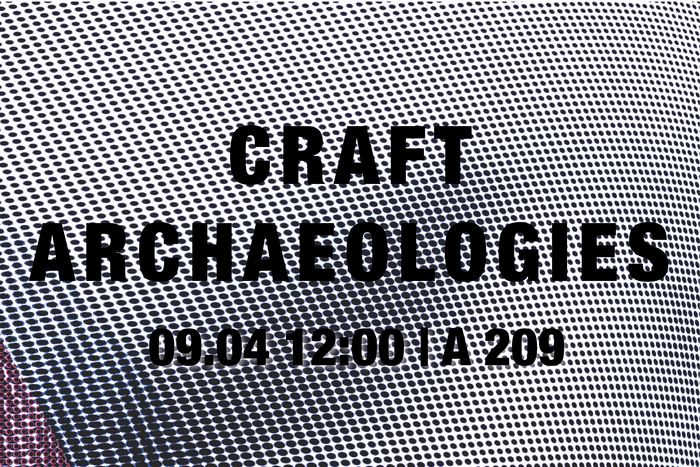
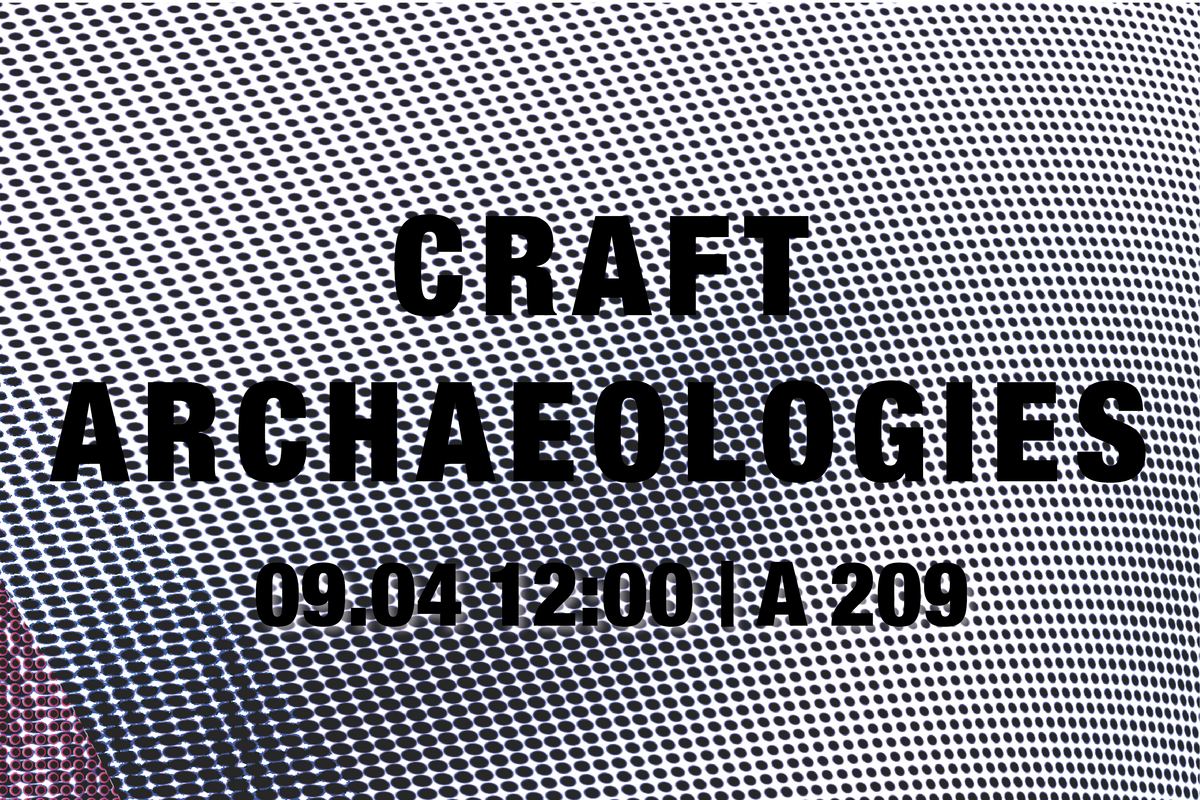
Craft Archaeologies
SEMINAR SoSe 24
-
Details
How can we discuss relevant theories, themes, discourses of the digital and design and organize interaction with visitors within an experimental setting in a museum?
In the seminar we engage this question by discussing traditions of craftsmanship in the context of computer-based practices. It seeks to locate digital production processes within feminist theories and explores methodological approaches that address the shaping of technological knowledge at the interstices of theoretical discourse and material practices. Develop scenarios for the museum context and test them on site. The seminar is organised in cooperation with the TU Munich.
Prof. Dr. Nathalie Bredella, Grayson Bailey
Workshop: Thinking Architecture
Bachelor + Master: 5 CP
9.4 / 19-20.4 / 14-15.6 / 12-13.7
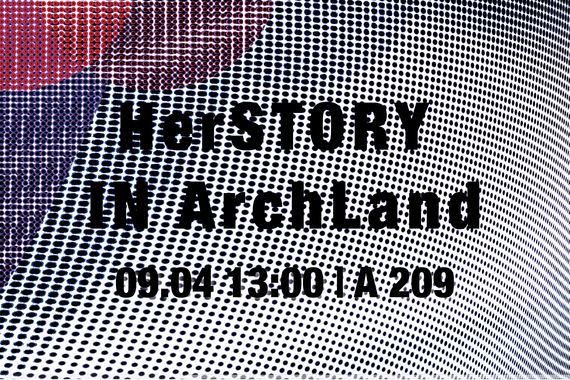
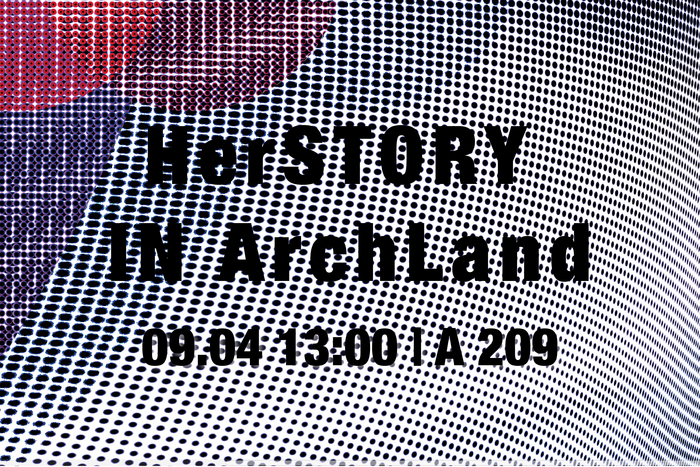
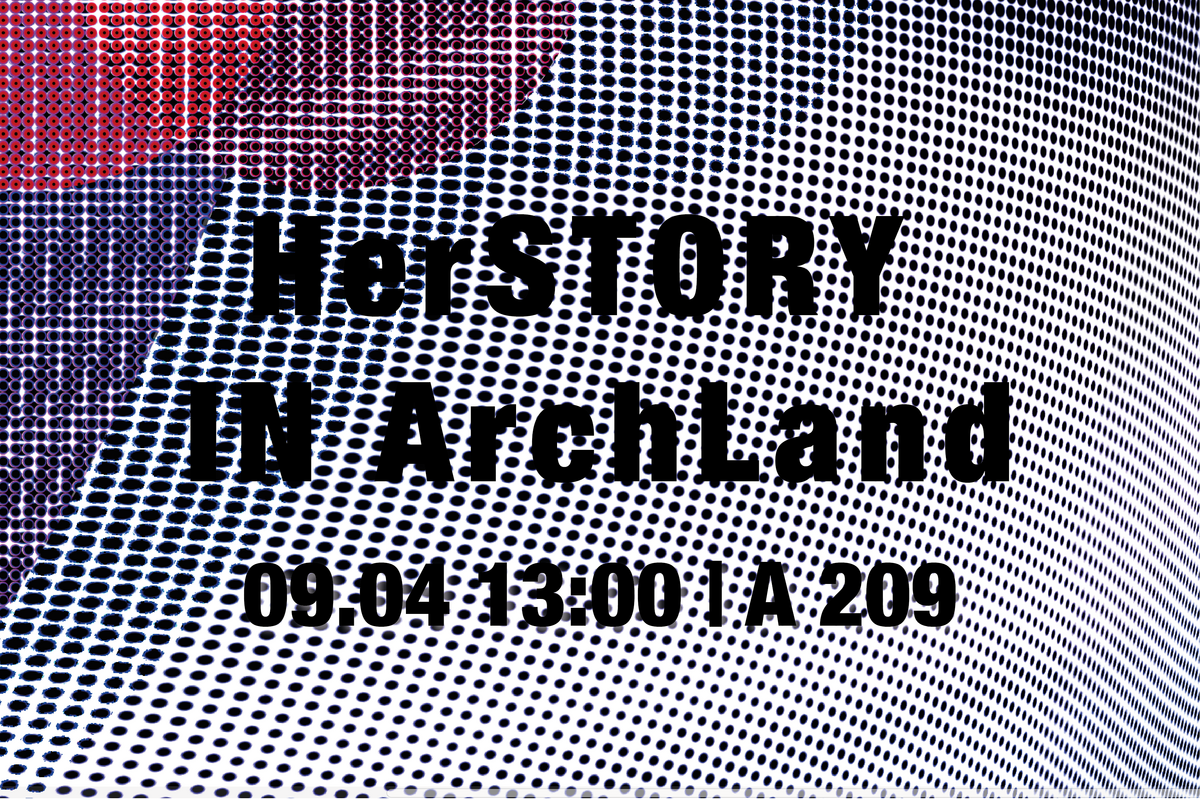
HerStory in gender_archland
SEMINAR SoSe 24
-
Details
Women in Architecture in Berlin, M*1:1 - verborgenen Ansichten und weibliche Perspektiven in der Architektur in Karlsruhe or Architektur für Alle? Emanzipatorische Bewegungen in Planung und Raum in Bremen - in many places, architects are using exhibitions, publications and festivals to draw attention to an anachronistic cult of stardom and a male-coded canon in architecture, as well as calling for more equal opportunities and diversity within a hierarchically organized discipline.
In Hannover, the Faculty of Architecture and Landscape has a history of feminist perspectives in research and teaching researching and teaching within the context of the network gender_archland, founded in 2007. Using the methods of oral history, archival work and curatorial practice, this seminar will examine the history, themes and networks of gender_archland, and attempt to discuss historical perspectives in relation to current local and global challenges.
Dr. Manuela Gantner, Torsten Klafft
Seminar: Current Theories of Architecture
Bachelor + Master: 5 CP
9.4 / 19-20.4 / 14-15.6 / 13-14.7
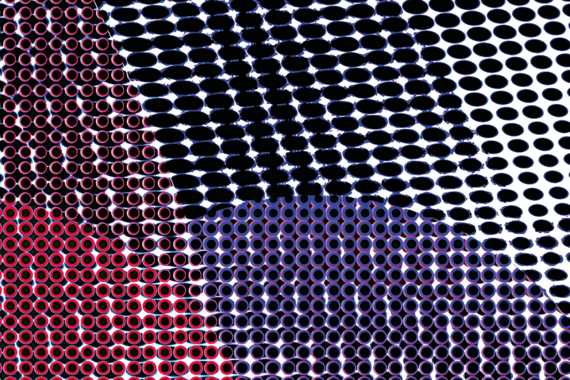
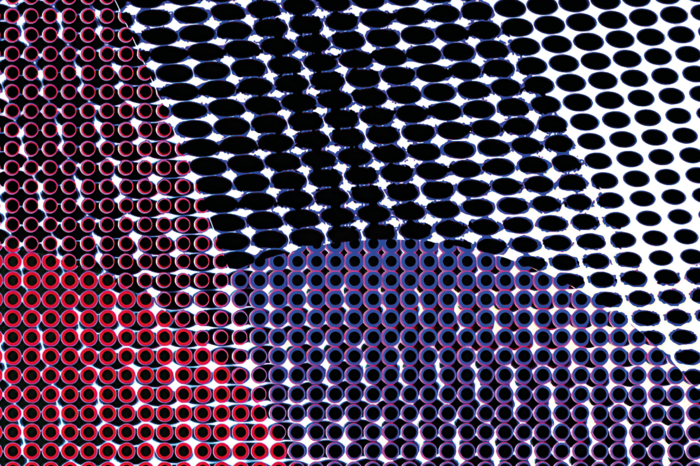
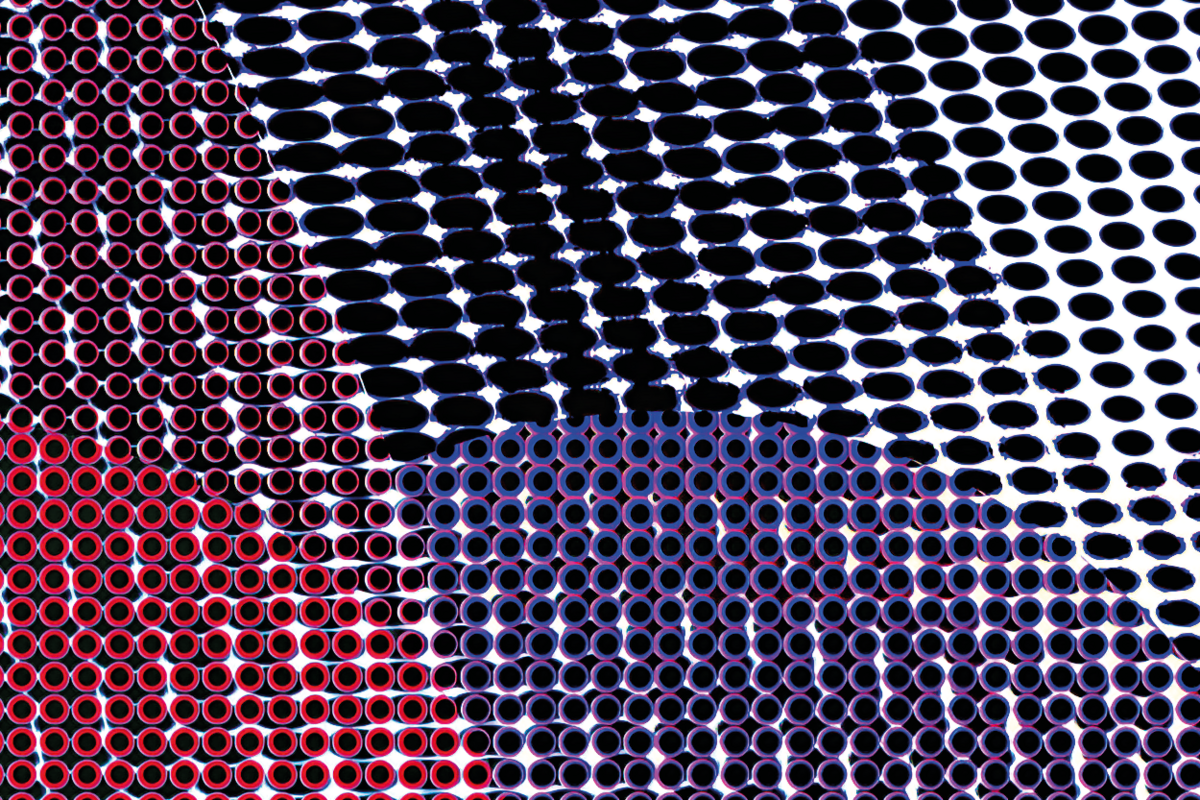
Politics of computational urbanism
SEMINAR WiSe 23/24
-
Details
Ekistics, the science of human settlements, was founded in the postwar period by the Greek architect and urban planner Constantinos Doxiadis. Governments and humanitarian organizations that promoted the systematic survey and analysis of urban structures during the Cold War supported the data-based methods of Ekistics - not least against the background of their global economic interests. In the seminar, we will explore the political, economic, and environmental implications of data-based planning. In doing so, the material aspects of early "computational urbanism" will gain in importance, as will references to the history of smart-city discourse. Of interest is: How do Ekistics' approaches, which dealt with population growth, limited resources and ecology, relate to current computer-based planning? What media constellations condition urban planning and the scales in which it operates, then and now? And last but not least: What are the politics behind data-based planning? Participation in the excursion to Athens is recommended.
Prof. Dr. Nathalie Bredella
Seminar: Mediality of Architecture
Bachelor + Master: 4 CP
tuesdays 14-16h | B 063
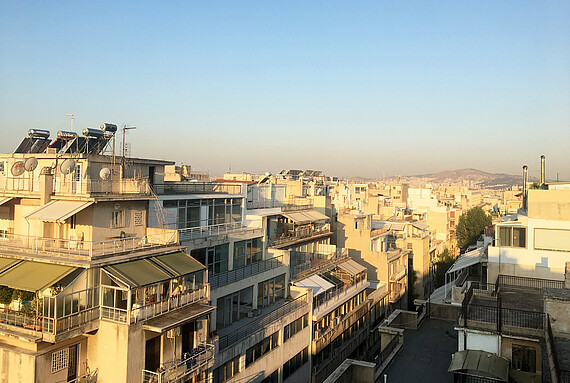
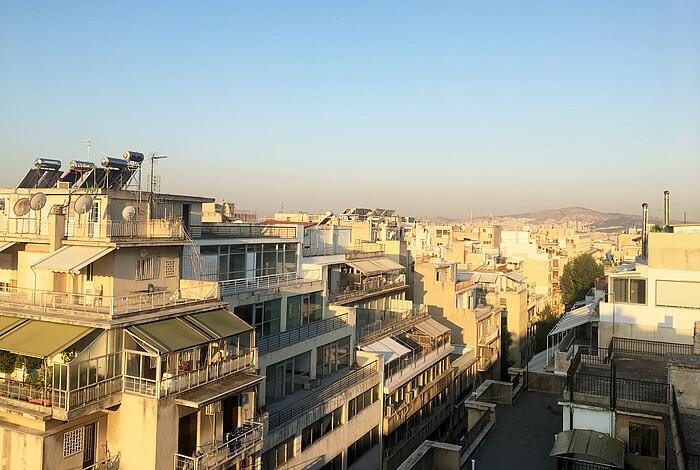
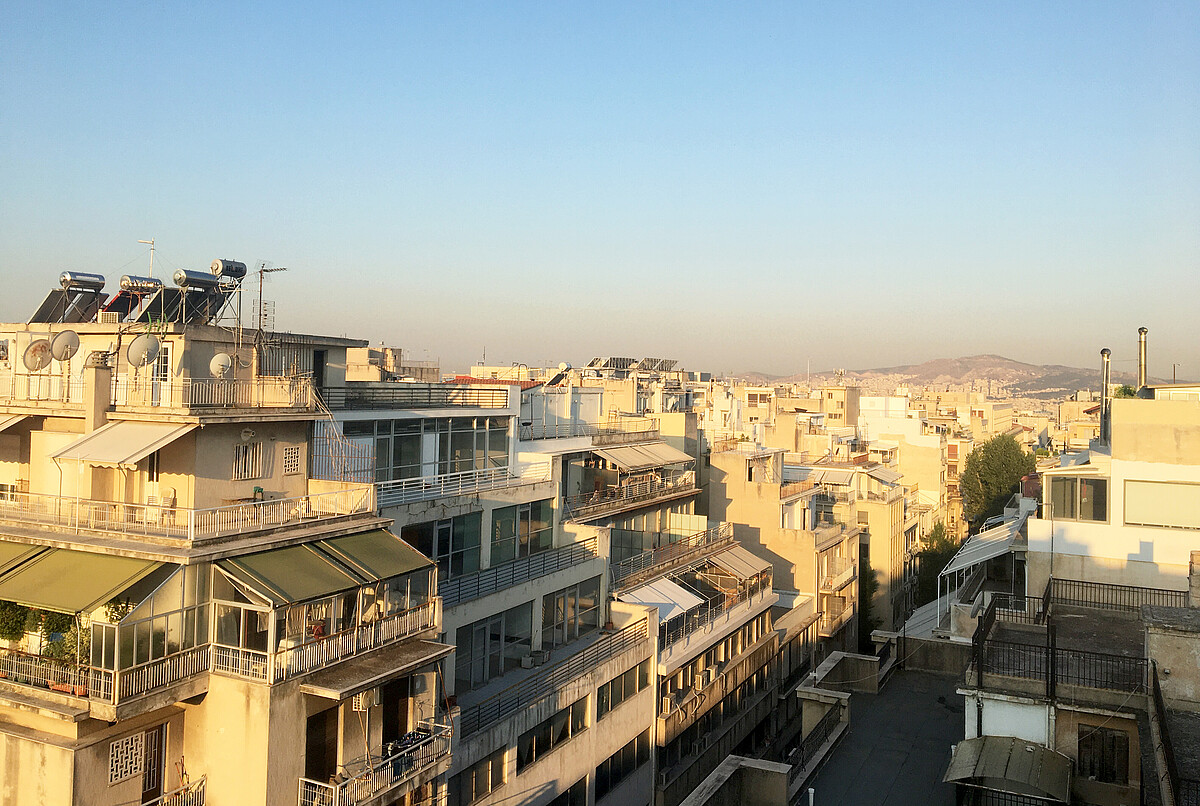
Athens: data-driven urbanism
FIELD TRIP WinSe 23/24 von 23.10 bis 27.10
-
Details
In the post-war period, architects used cybernetic approaches to imagine spatial planning as the interface between abstraction and concretion. The development of computational planning methods were part of these endeavors: As part of his office and research structure in the 1960s, the architect and urban planner Constantinos Doxiadis founded a computer centre in Athens and researched data-based planning methods that were supported by governments and humanitarian organisations within the framework of global and local planning policies. During this field trip, we will address cybernetic and contemporary data-based planning methods. We will visit buildings and districts in modern Athens and discuss them against the background of post-war debates on planning instruments, politics of space and control, and ecology.
The field sites include: The Stavros Niarchos Foundation Cultural Centre (Renzo Piano Building Workshop), Jaqueline Tyrwhitt's experimental garden in Sparoza, the National Archaeological Museum of Athens and the National Technical University of Athens.
Prof. Nathalie Bredella
The participant total for the excursion is limited to 10. Registration is open until the 31st of August at the Chair of Architectural Theory (Institut of History and Theory of Architecture) and at the following Weblink.
Travel to and from Athens is self organized. The total payment for accomodation and public transport is 220 Euro.
Questions to: bredella@igt-arch.uni-hannover.de
First online question session to be held on 18th of August. Participants are highly encoursaged to take part in corresponding Seminars during WS23/24.
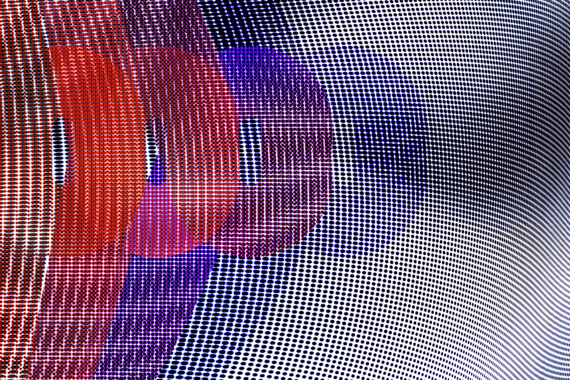
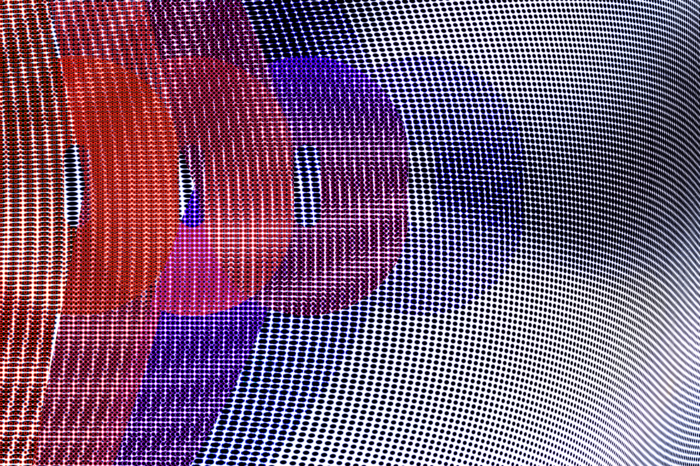
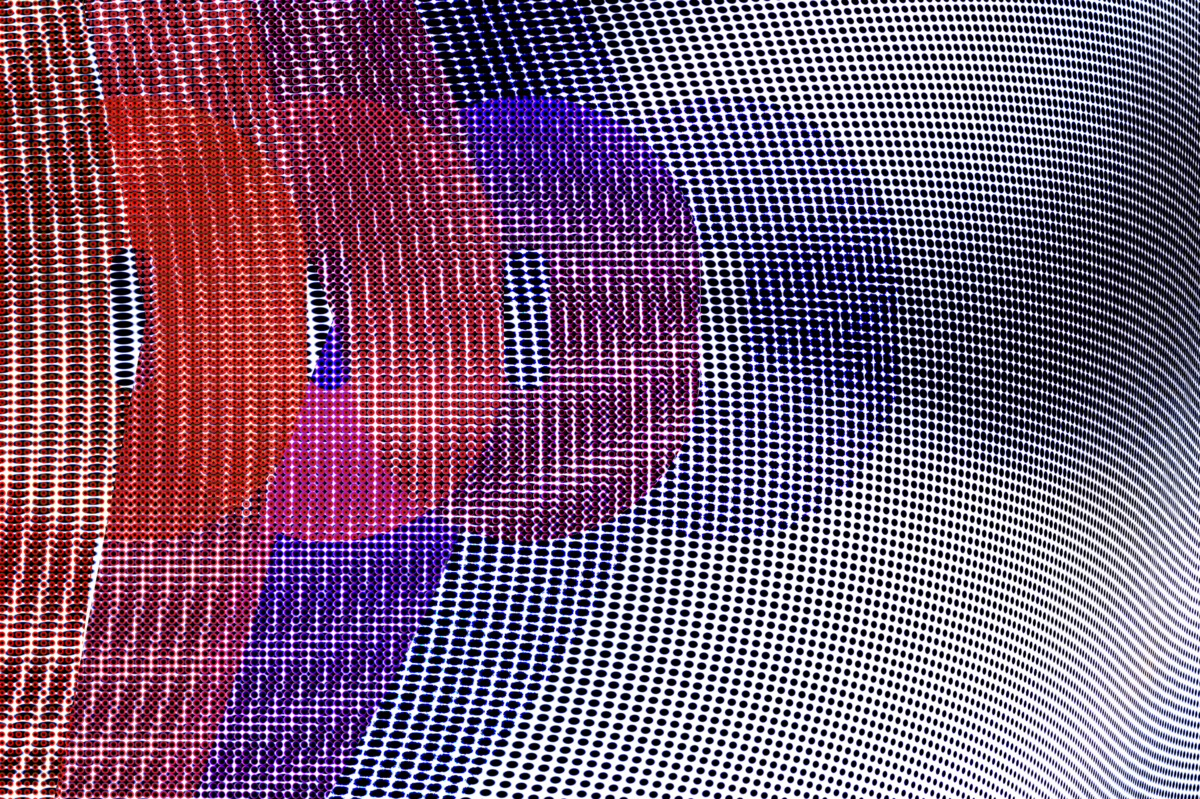
Architecture as Interface
SEMINAR SoSe 23
-
Details
Big data, smart city, google map use various interconnected media formats - hypermedia - that change the perception and planning of architecture and the city. The history of the technologies and tools underlying these platforms goes back to the 1960s: the Architecture Machine Group at the Massachusetts Institute of Technology addressed the question of what role architecture can play in the media configurations of information processing and how architecture brings together different media. The reading and research seminar is devoted to the practices, concepts, and modes of technological development explored by the AMG and develops experimental prototypes and reenactments of the MIT projects discussed. Part of the seminar is an Arduino workshop with Jonah Marrs as well as a cooperation with the TU Munich (Chair of Architectural Informatics).
Prof. Dr. Nathalie Bredella
Seminar: Urbane Architektur
Bachelor + Master: 5 CP
Mondays 17h | B 063
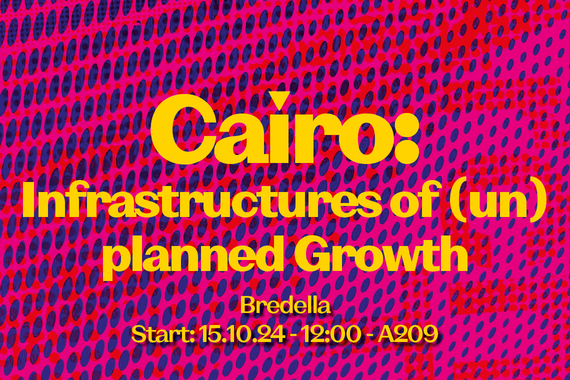
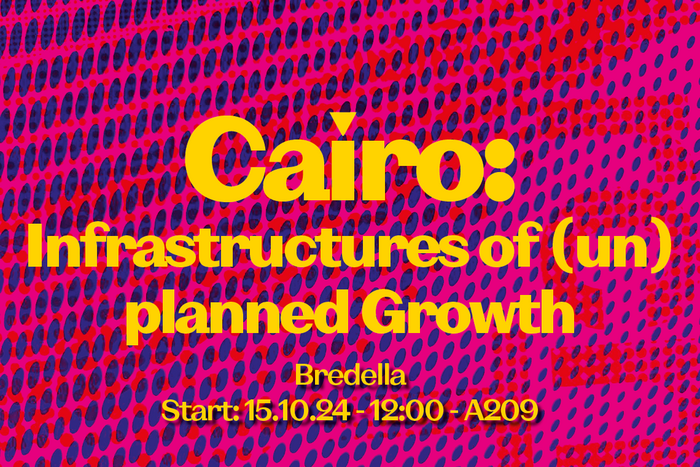

SEMINAR WiSe 24/25
-
Details
Since the late 1960s, urban development in Cairo has been characterised by the rapid expansion and proliferation of 'informal' settlements, which now house around 60% of Cairo's population. The seminar will explore the visions of urban expansion and the realities on the ground, asking the questions: What is the logic of urbanisation processes? How can phenomena of the ‘informal’ be understood in the context of urbanisation? What knowledge cultures are involved in the construction of informal settlements? We will look at the history of Cairo and its urban expansions, as well as the role that architects can play in the context of shaping the urban.
Prof. Dr. Nathalie Bredella
Seminar: Post-colonialism and Geopolitics
Bachelor + Master: 5 CP
15.10, 29.11, 16.-18.1 | A 209
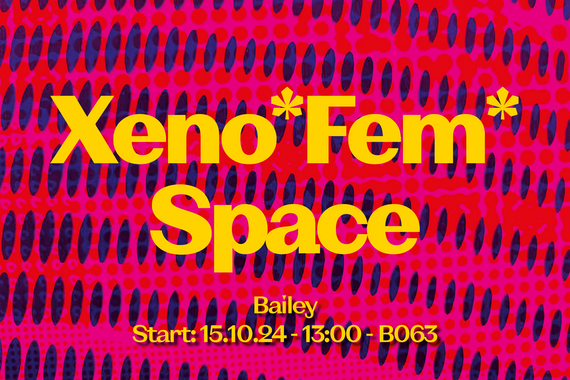
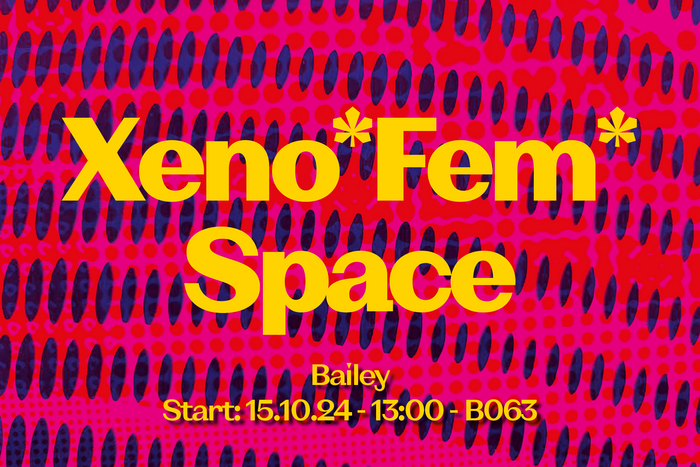
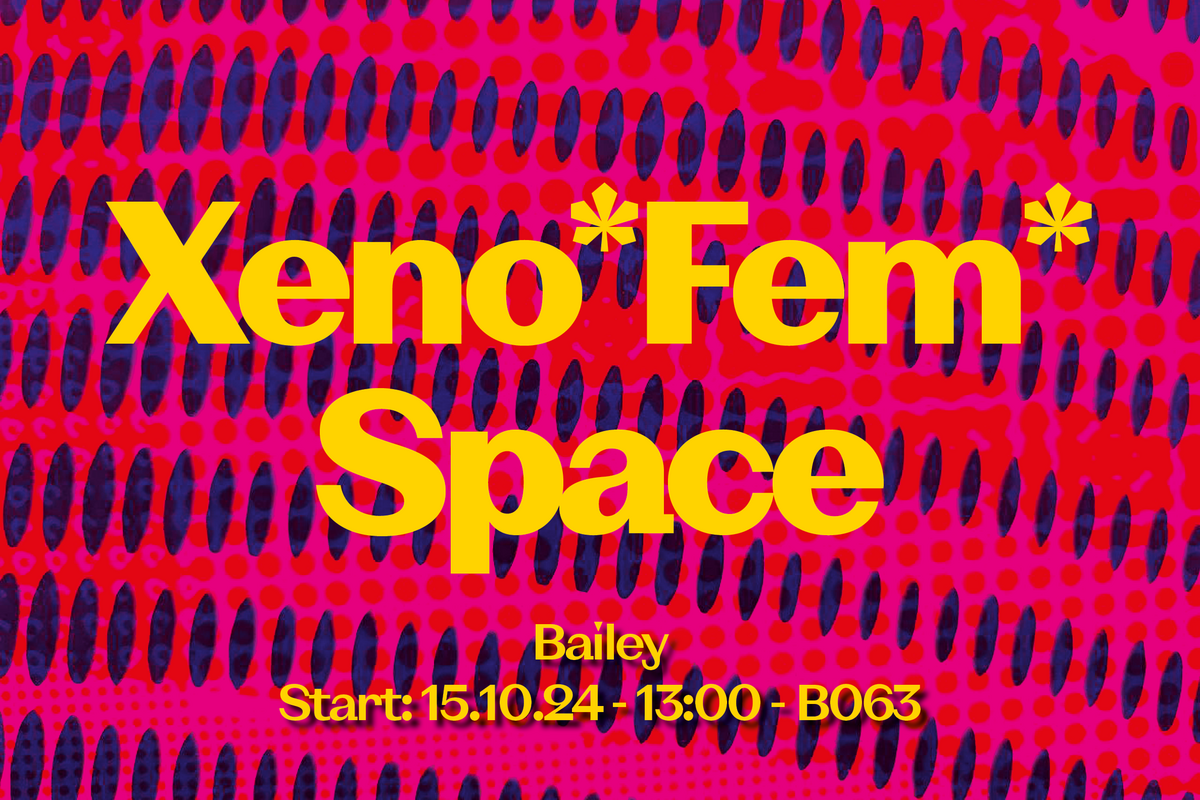
SEMINAR WiSe 24/25
-
Details
Xeno-feminism is a theory of emancipation based on the notion that technology can enable the breakdown of nature/ culture dichotomies and be a means of liberating people from their biological immediacy. As such, XF provides a framework for examining organizational systems of power and post-human perspectives, challenging current social and political systems and subverting the standard us-them binary on which they are based. In terms of architectural production, this means re-imagining the practices involved, as a well as redefining some of the most basic objects of the discipline: the building, the environment, and the human. In Xenofeminism and Spatial Practice we will discuss theories and approaches of xenofeminism in their relevance to spatial practice and explore methods that combine theoretical analysis and speculation, and produce intersectional overlays of space, nature, gender, the other, the body and technology.
Grayson Bailey
Seminar: Gender and Space
Bachelor + Master: 5 CP
tuesdays 13-16h | B063
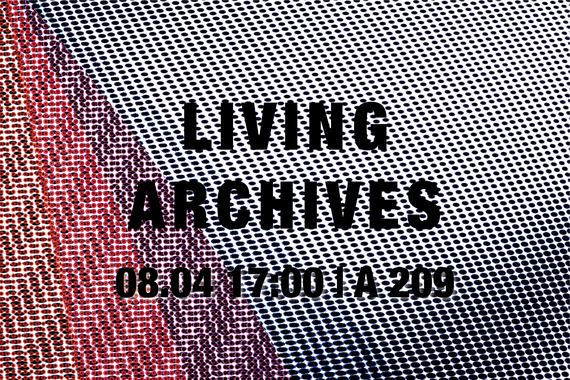
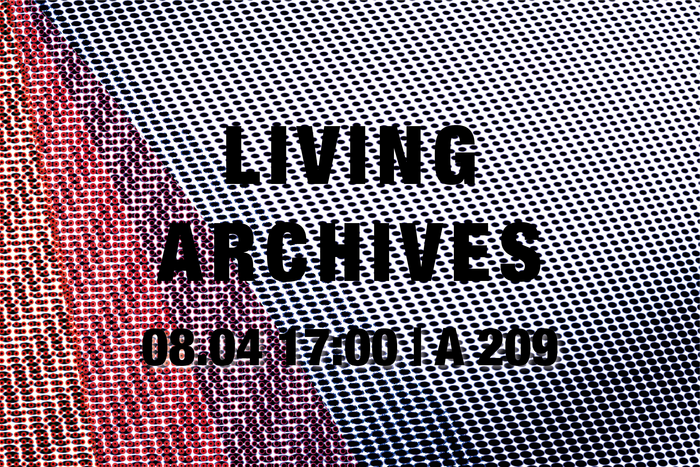
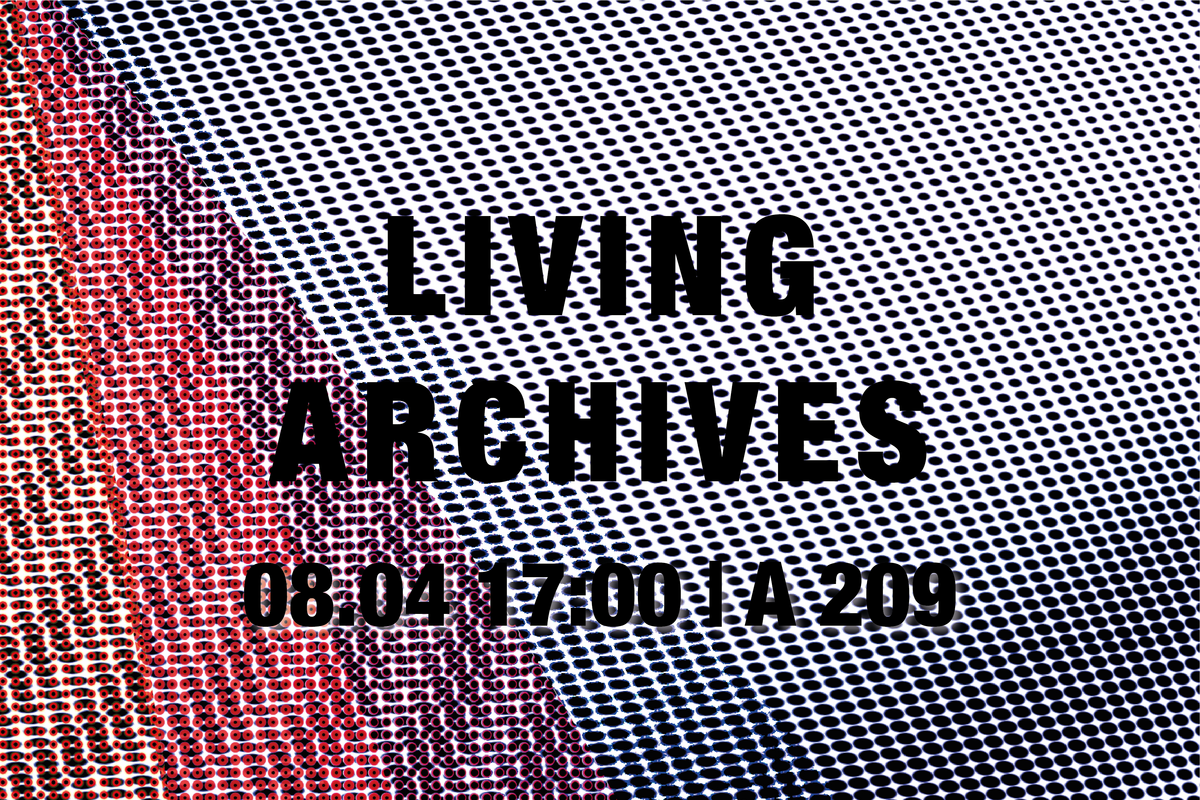
Living Archives
SEMINAR SoSe 24
-
Details
Archives are places where objects are stored, collected and researched. They not only provide knowledge about the past, but also determine future knowledge. The seminar will explore the multiple relationships between archives and society, as well as reflect on the significance of archives in architectural discourse. Through the presentation of libraries, collections and exhibitions, we will explore the interrelations between epistemic and archival practices that enable the interrogation of archived objects within the present.
Prof. Dr. Nathalie Bredella
Seminar: Design Theories
Bachelor + Master: 5 CP
mondays 17-19h | A 209
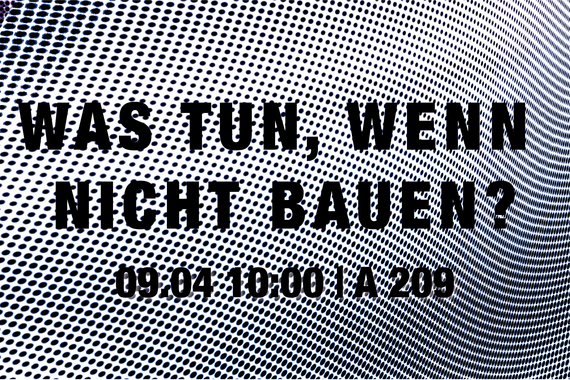
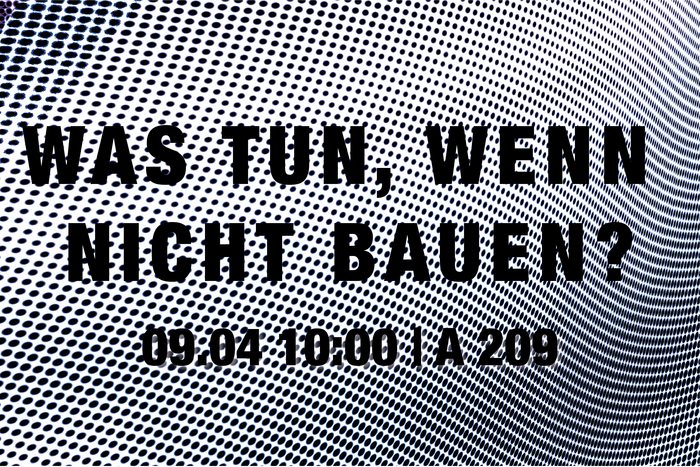
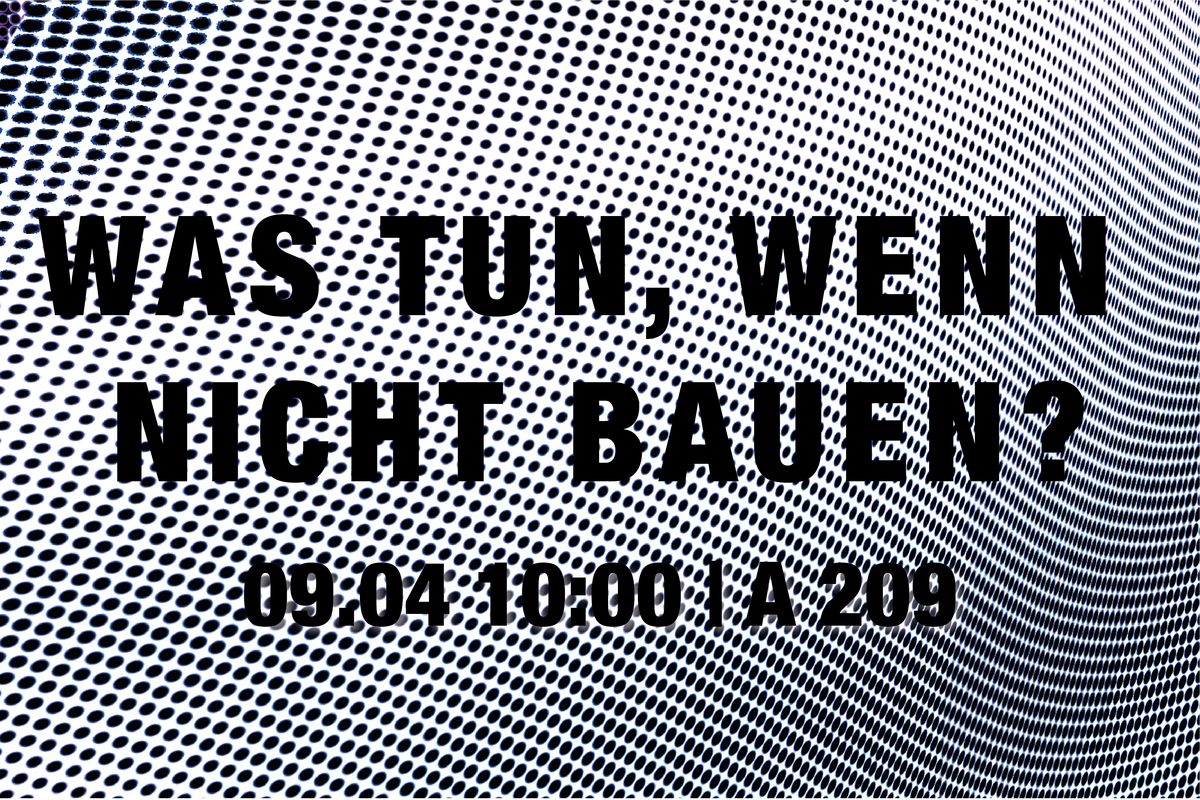
Was tun, wenn nicht bauen?
SEMINAR SoSe 24
-
Details
The world is built! Ban building! (Denkstatt sàrl, Fuhrhop) These claims are becoming more fundamental in the face of the enormous resource consumption and greenhouse gas emissions caused by construction. And yet, with its ideas of newness and progress, the modernist perspective still dominates architectural discussions. Questions of raw material extraction, maintenance and care have taken a back seat.
How can architecture be realized without exploiting people and nature? How can we preserve the existing qualities of our urban and social fabric? Furthermore, what does transformation mean? And, are there alternative strategies for creating spaces? To answer these questions, we will be discussing current concepts such as “Refuse, Reuse, Reduce, Recycle" and reflect on the mechanisms and protocols of building. Post-war perspectives that deal with finite resources are regaining their importance in tandem with the rise of current discourses concerning the built environment beyond new construction.
Torsten Klafft
Seminar: Current Theories of Architecture
Bachelor + Master: 5 CP
tuesdays 10-12h | A 2019
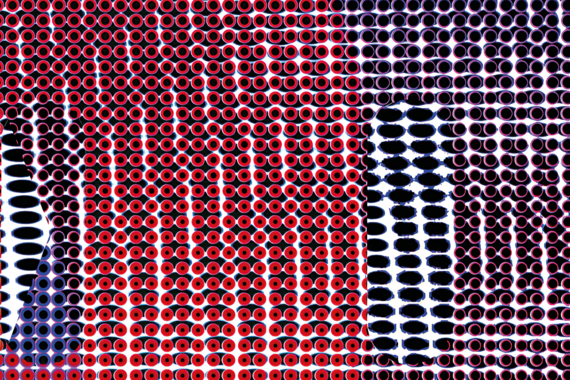
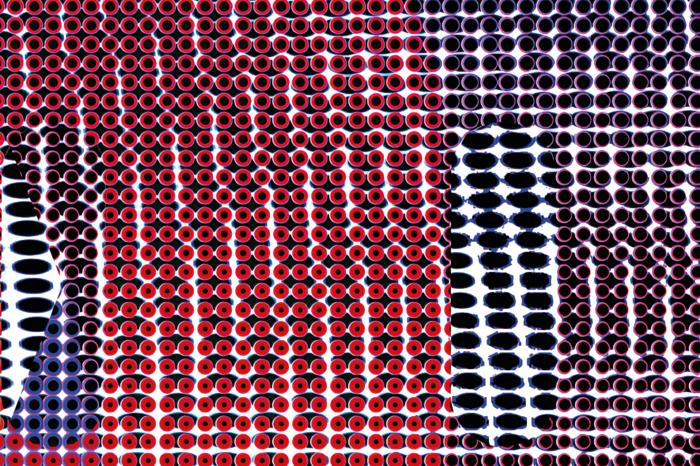
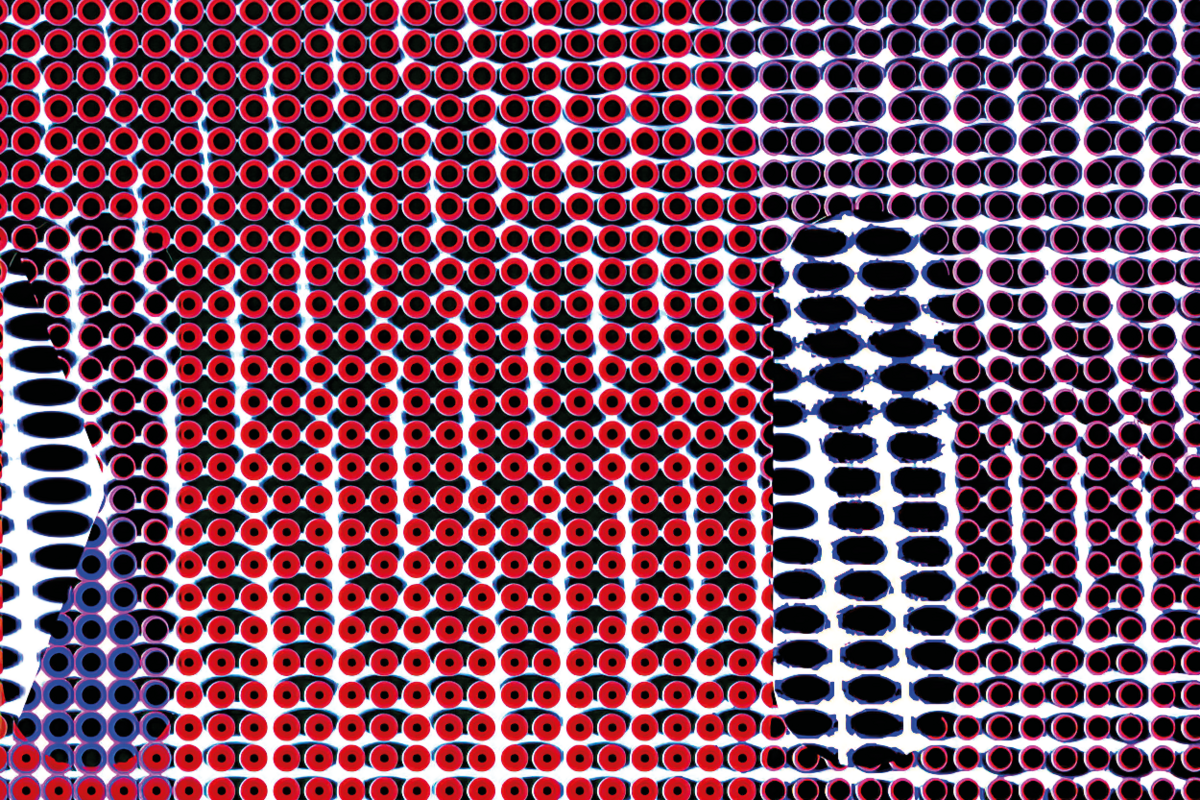
Organization's Hammer
SEMINAR WiSe 23/24
-
Details
Digital techniques that condition architectural practice and that we take for granted today did not emerge in the late 20th century, but can be located in a transdisciplinary and transcultural history of craft, industrialization, and automation. In the seminar we will look at how craft processes become compatible with the demands of computer-aided architectural production and how the translation processes from the analog to the digital take shape. With a particular focus on the manufacturing techniques and knowledge cultures of weaving, knitting, and shipbuilding, we will examine the local, material, economic, and political contexts in which the developments of digital technologies are situated and inquire into the authors of these processes.Through case studies and reenactments, we seek to understand the interconnections of craft and computer-based practices and to expand the Eurocentric view of the histories of the digital. During the semester, guest lecturers will present their research, and introductions and discussions will be organized by students. Participation in an Arduino workshop is part of the seminar.
Prof. Dr. Nathalie Bredella
Seminar: Mediality of Architecture
Bachelor + Master: 3 CP
mondays 17-19h | A 209



Carchitecture
SEMINAR SoSe 23
-
Details
The architecture of the car industry can be described as a medium of organization and distribution. Against the background of computerization in the post-war period, the seminar deals with the spatial-technical forms of production that have increasingly become intertwined with technical networks since the 1960s. Case studies will be used to test different research methods that focus on the dimensions of mobility and its infrastructures. The aim of the reading and research seminar is to examine and historically classify the material and social practices as well as the economic and political contexts of technical change in the automobile industry. Part of the seminar are excursions and a workshop at the TU Munich. The seminar takes place in cooperation with the Chair for the History of Technology at the TU Munich.
Prof. Dr. Nathalie Bredella
Seminar: Theorien aktueller Architektur
Master: 5 CP
Tuesdays 14h | A 209



Women in Computing @HfG Ulm
SEMINAR SoSe 23
-
Details
The seminar deals with the approaches to computing, cybernetics and environmental planning developed by women in the post-war period. How did they, as teachers and researchers at the HfG Ulm, shape the practices of information processing as well as the methods of production, representation and communication in architecture and design? The goal of this reading and research seminar is to examine the role of women in the early history of computerization using selected theories from architecture and media studies, gender studies, and science and technology studies. Part of the seminar is a workshop at the HfG Ulm, in which archival work as well as oral history methods will be tested.
Prof. Dr. Nathalie Bredella
Seminar: Entwurfstheorien
5 CP Bachelor
Tuesdays 9h | A 209
